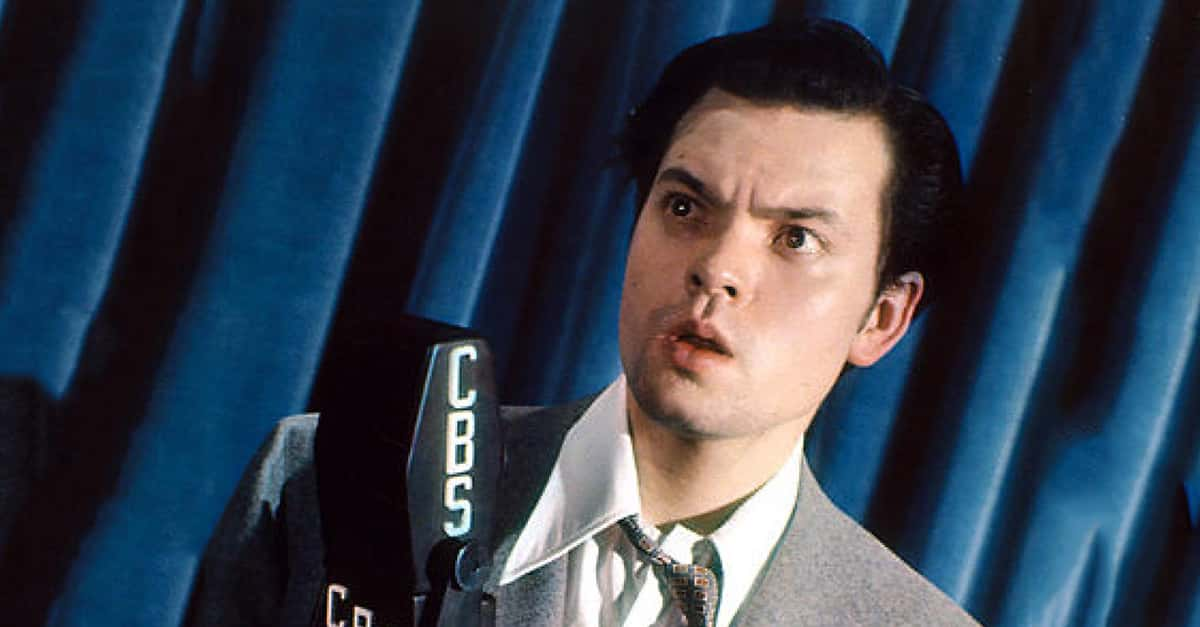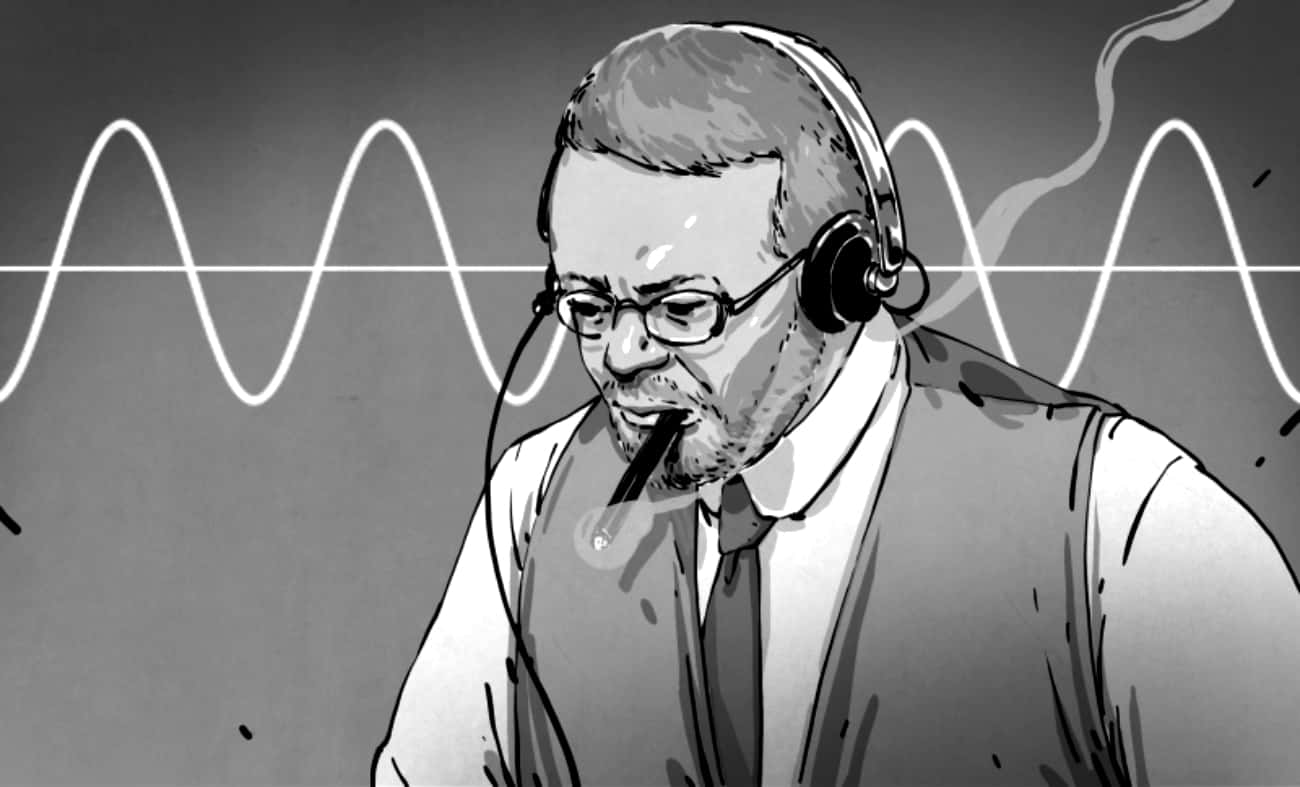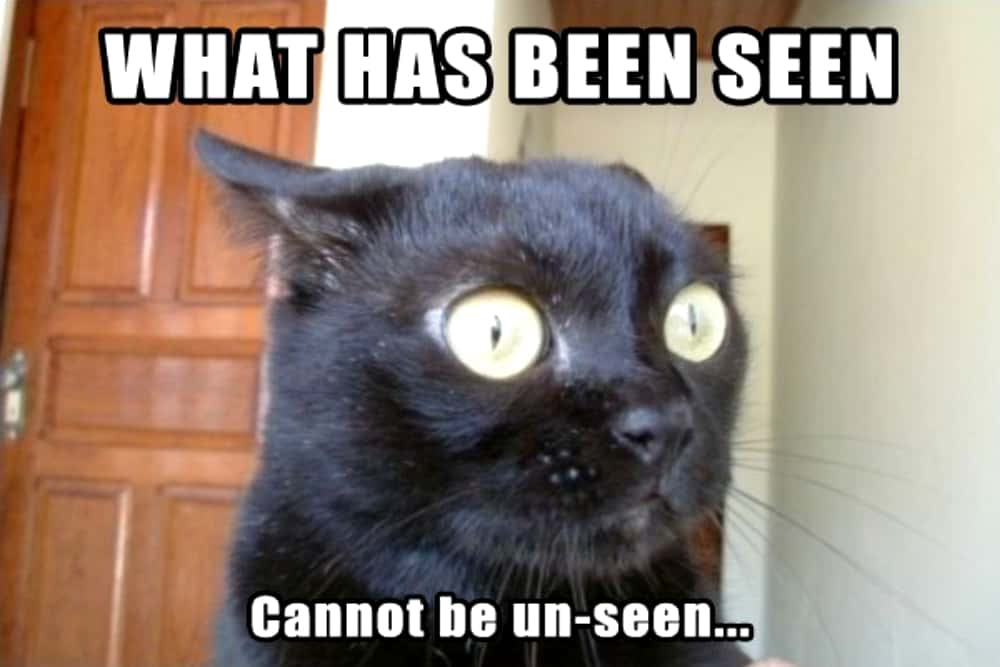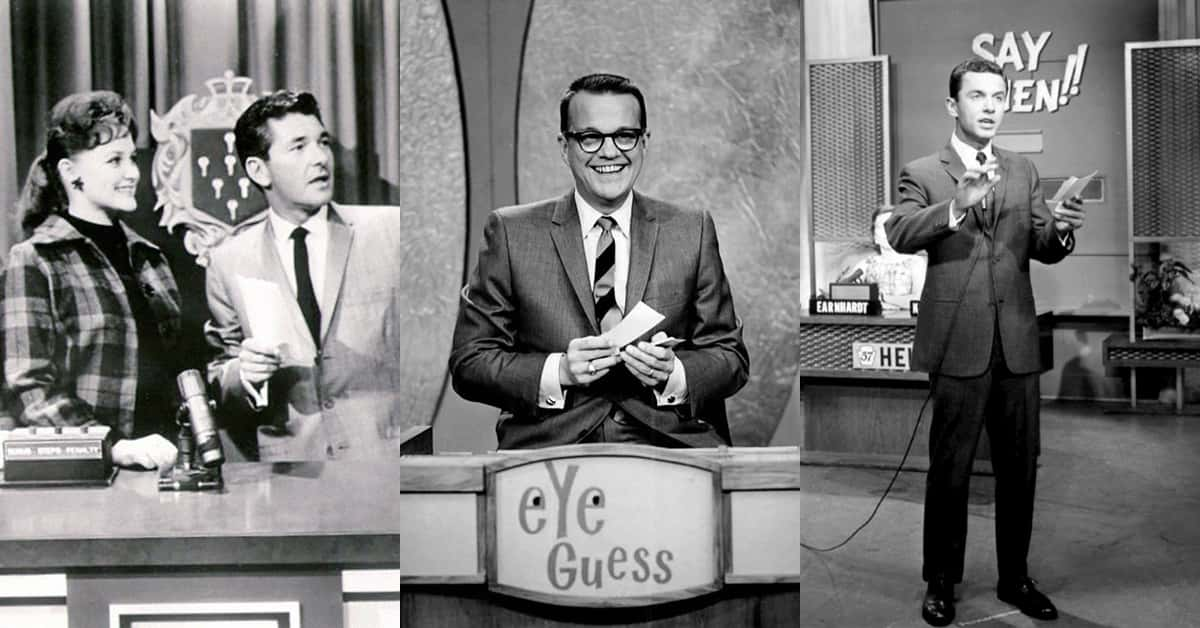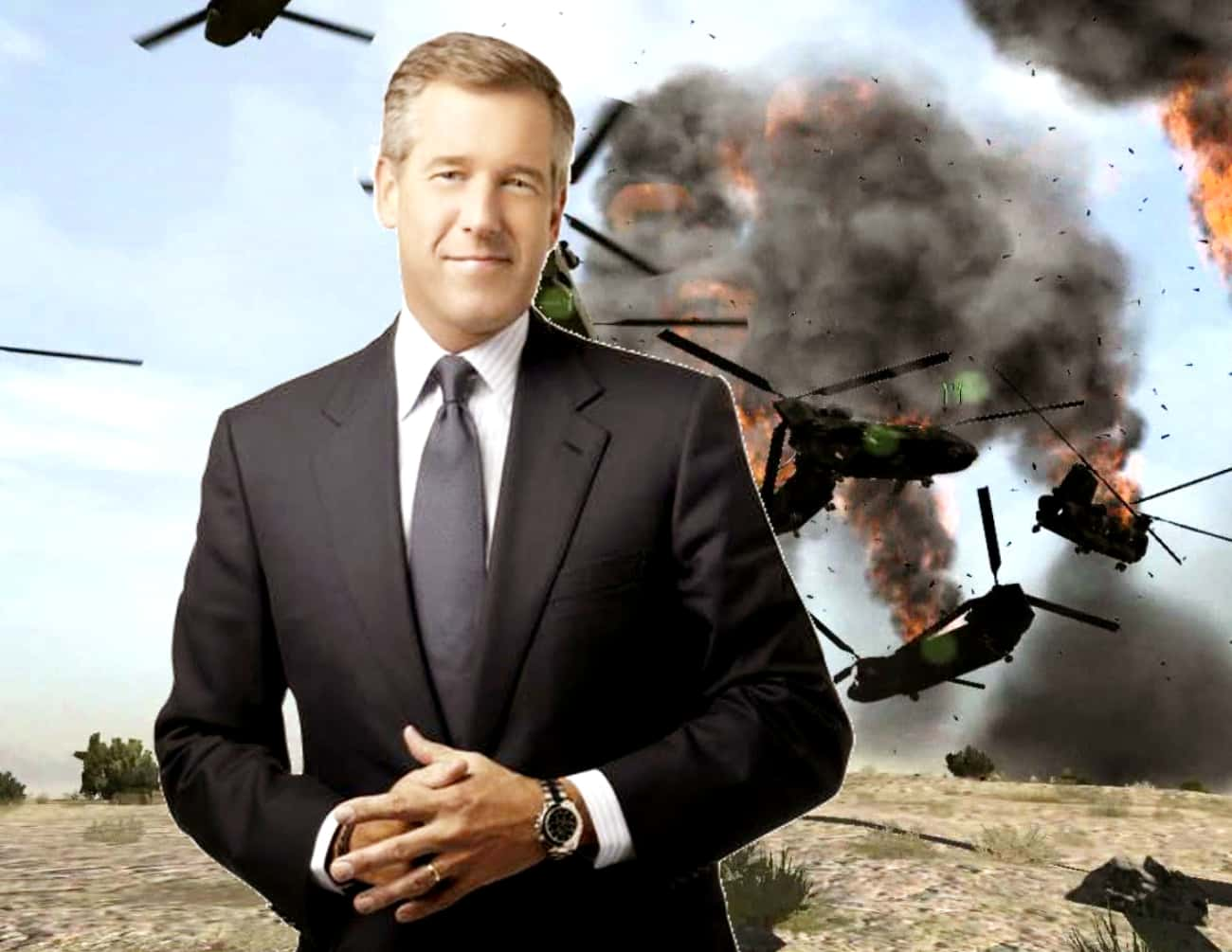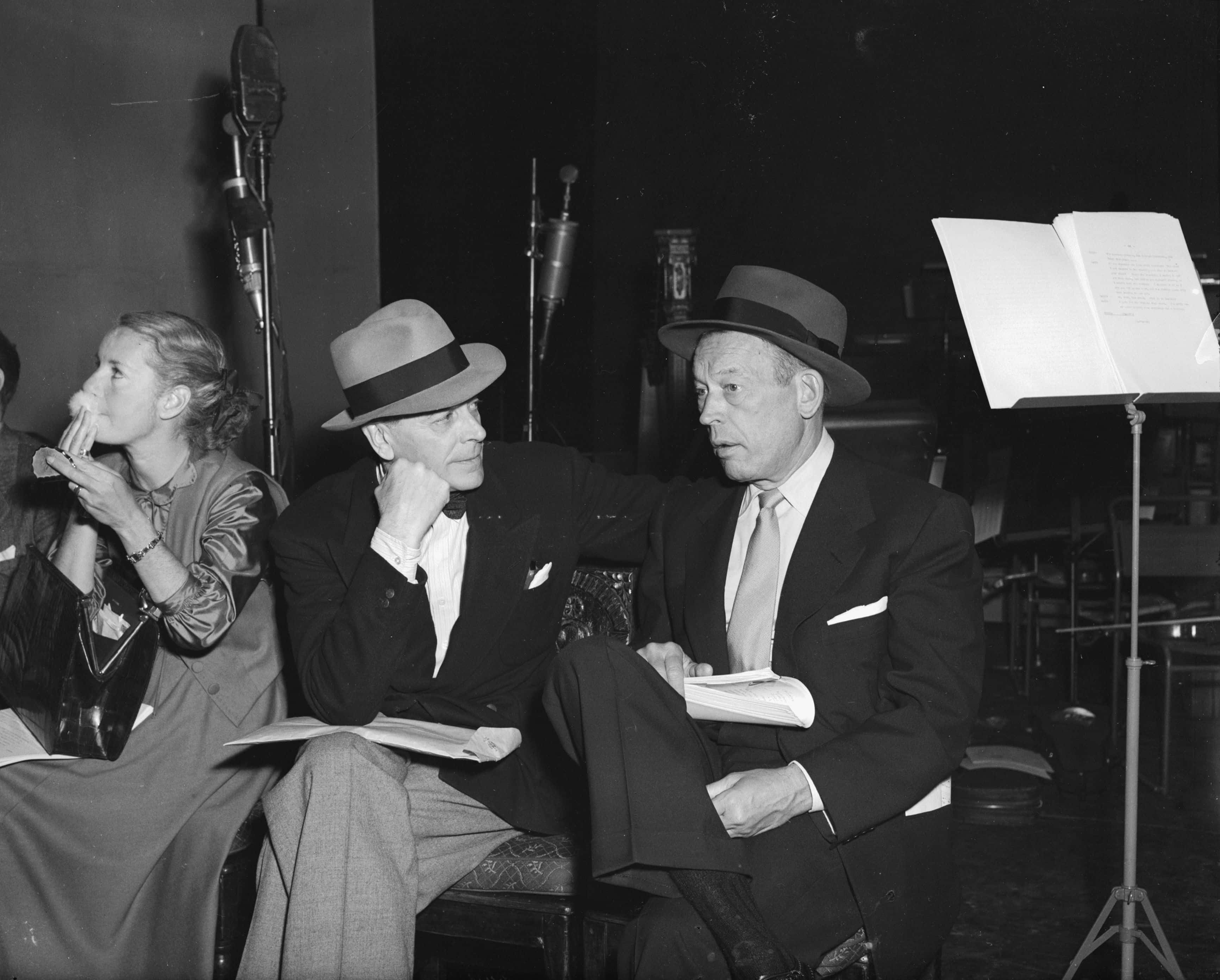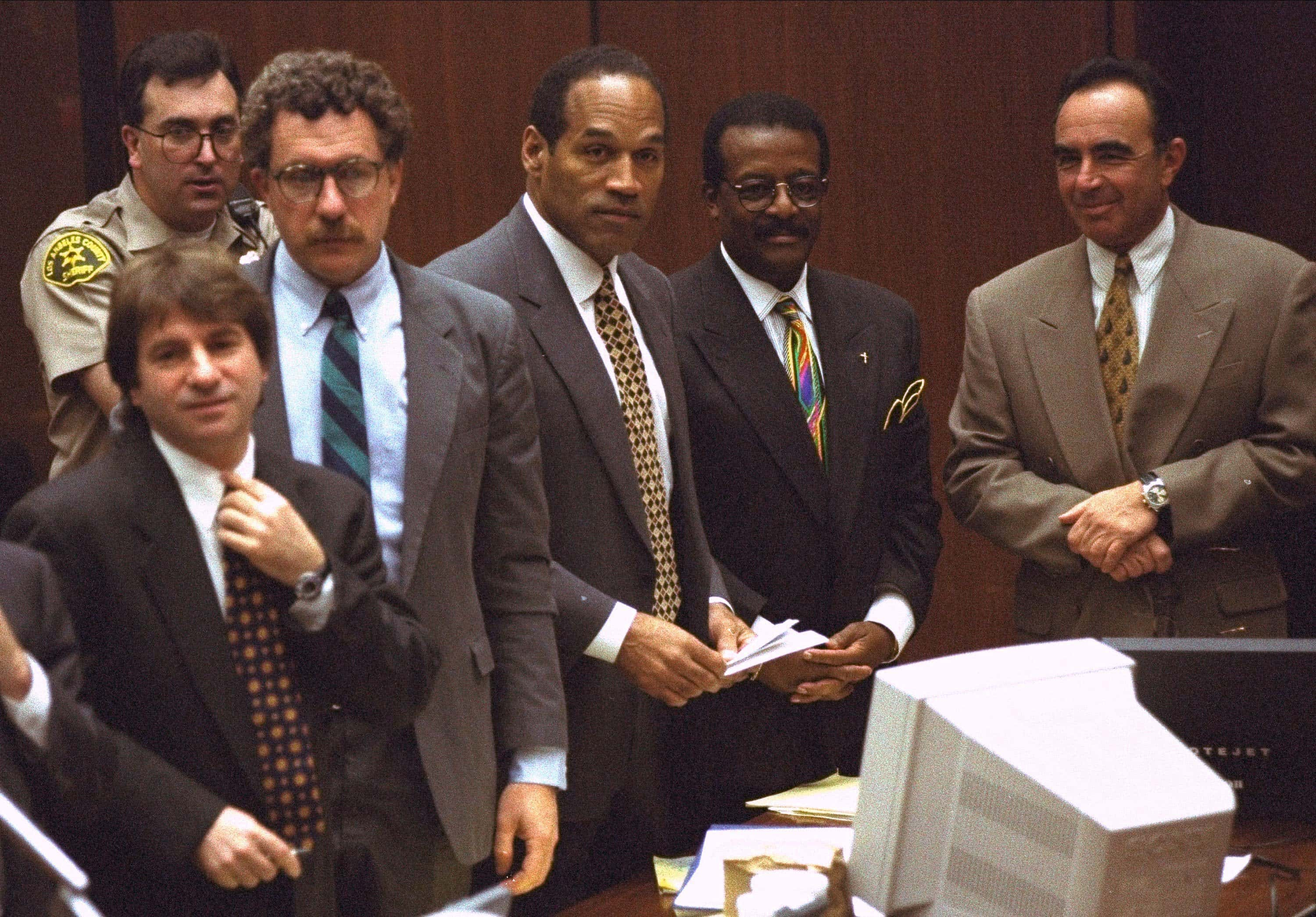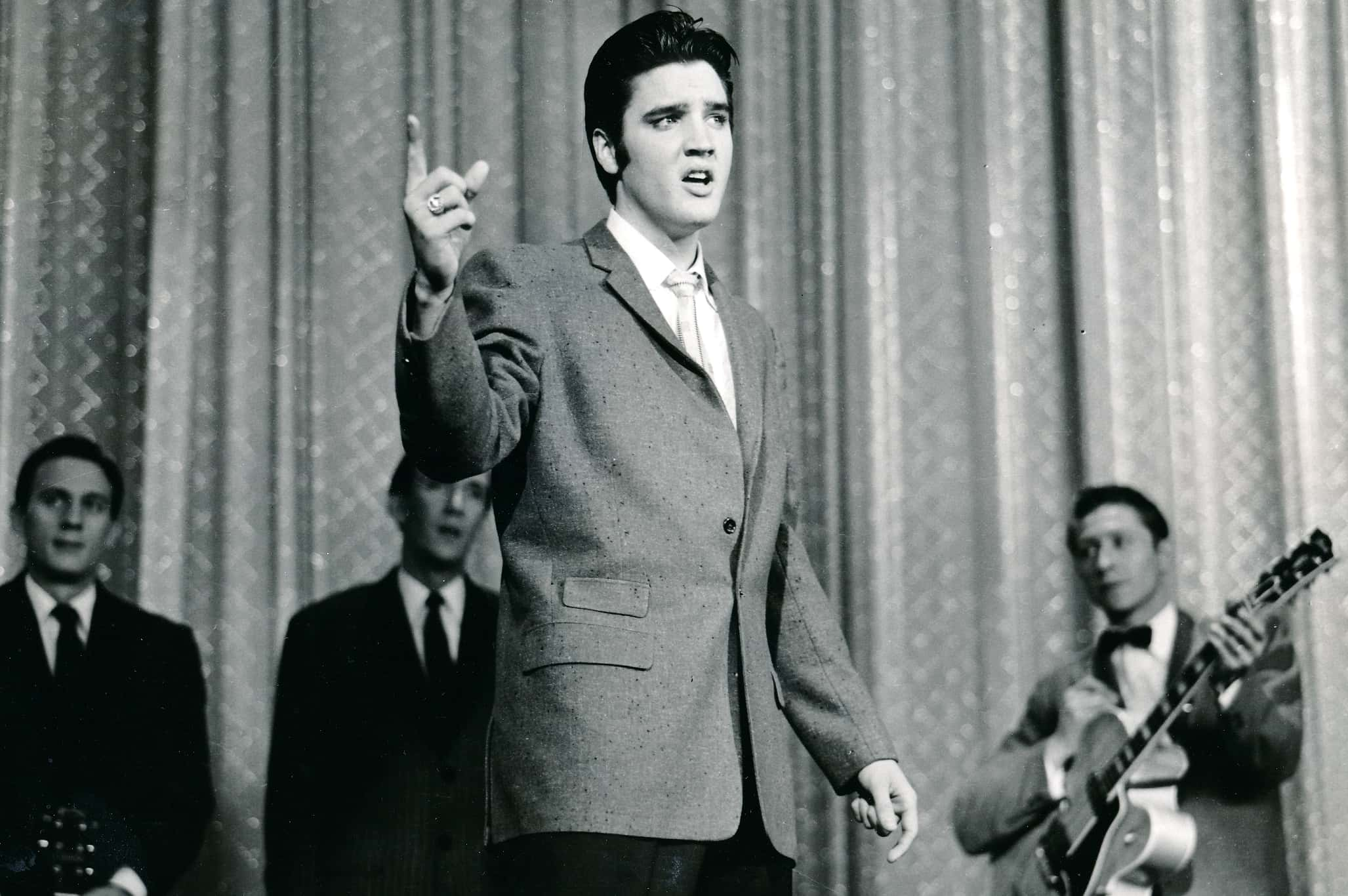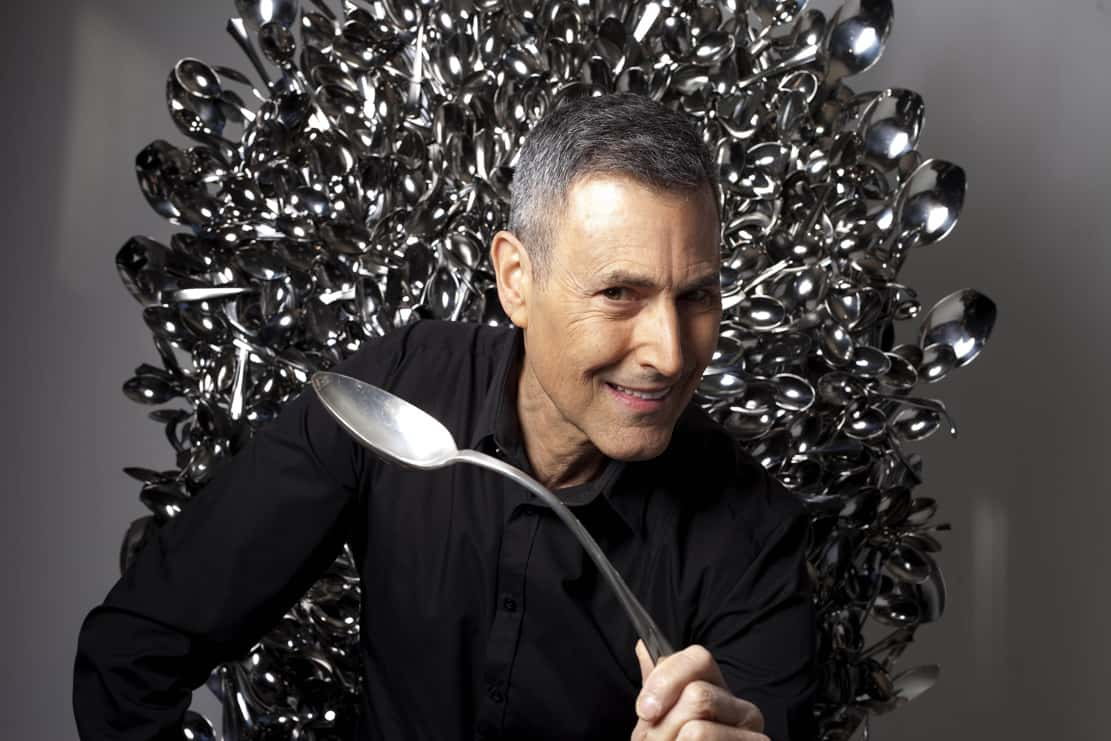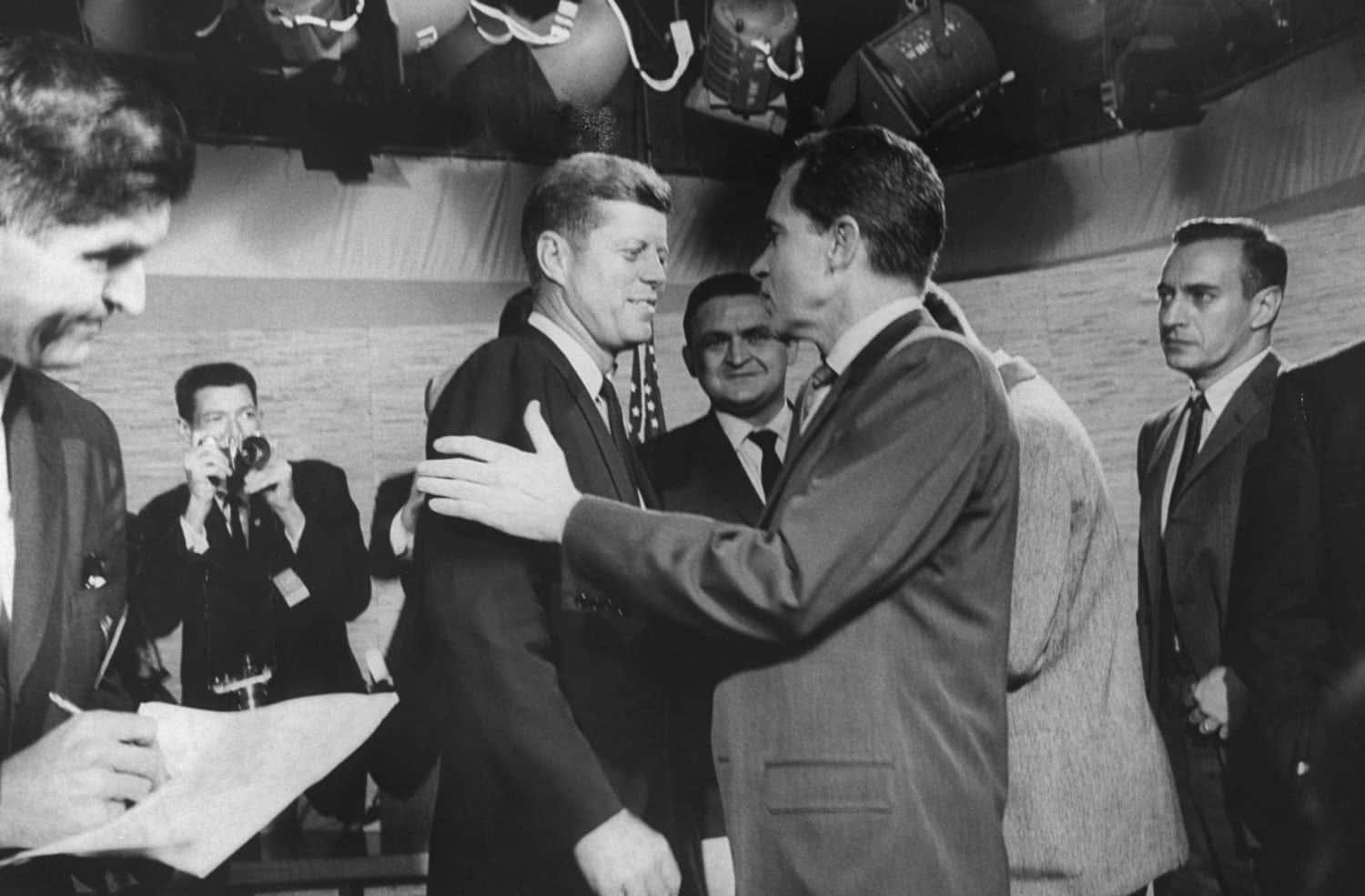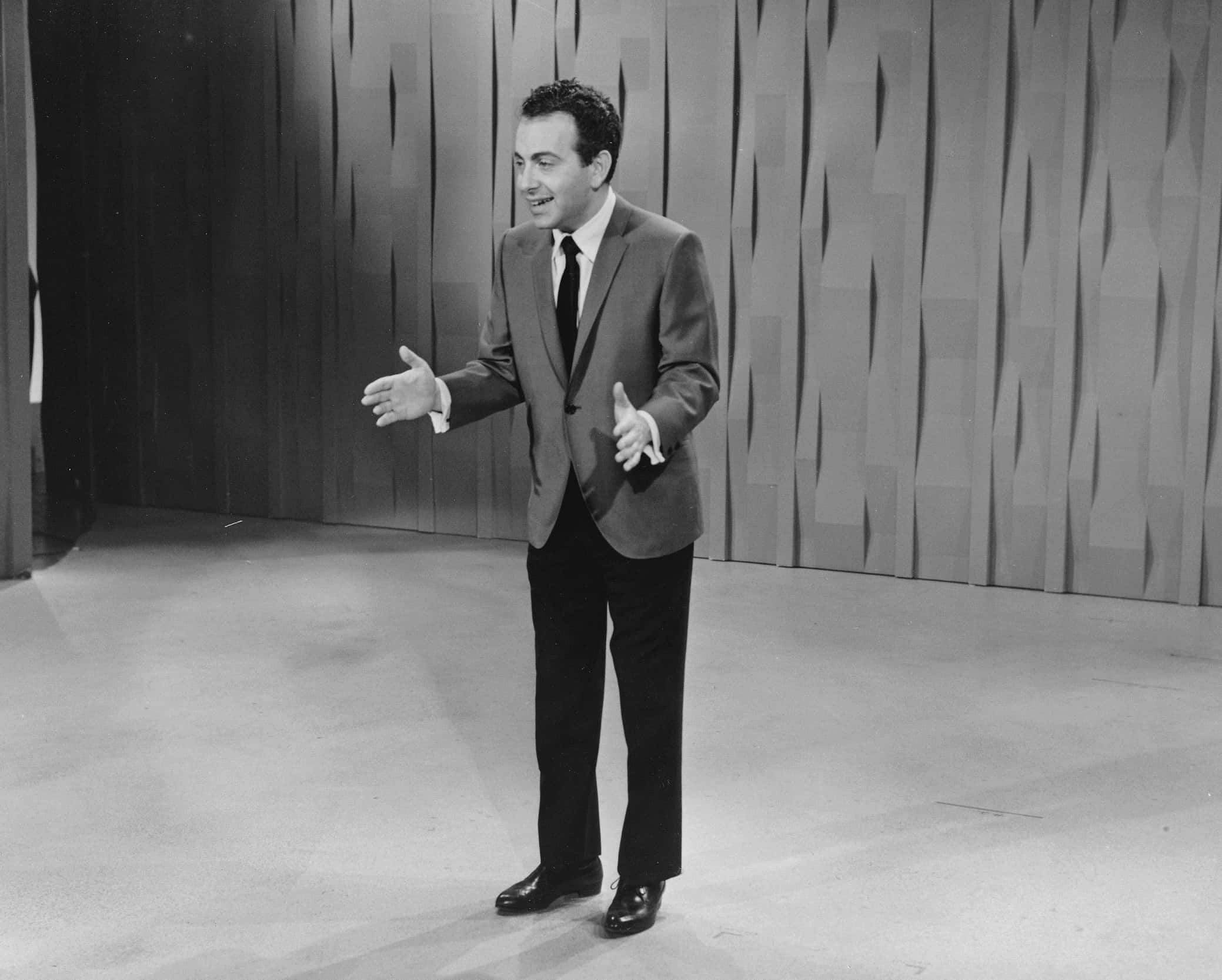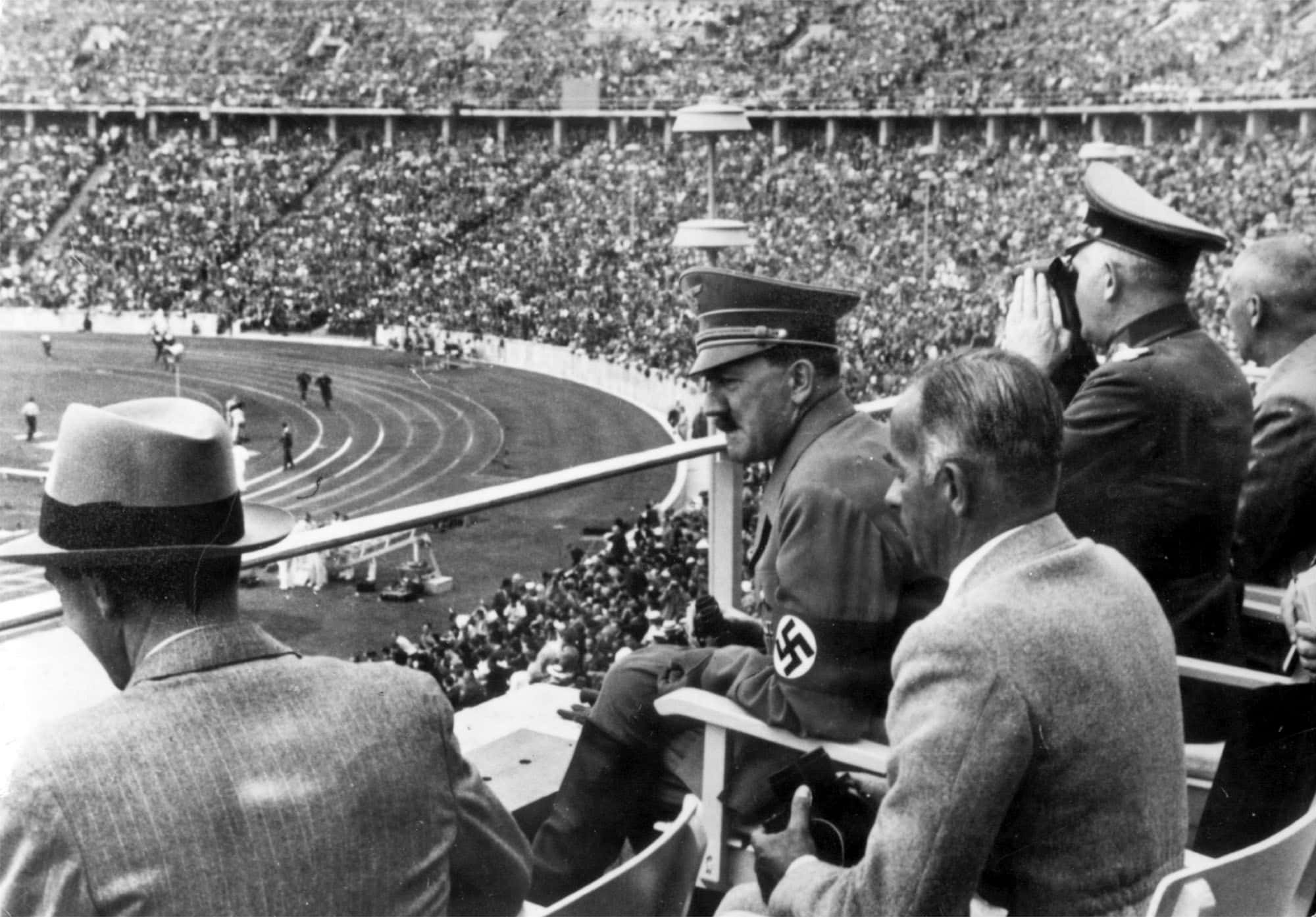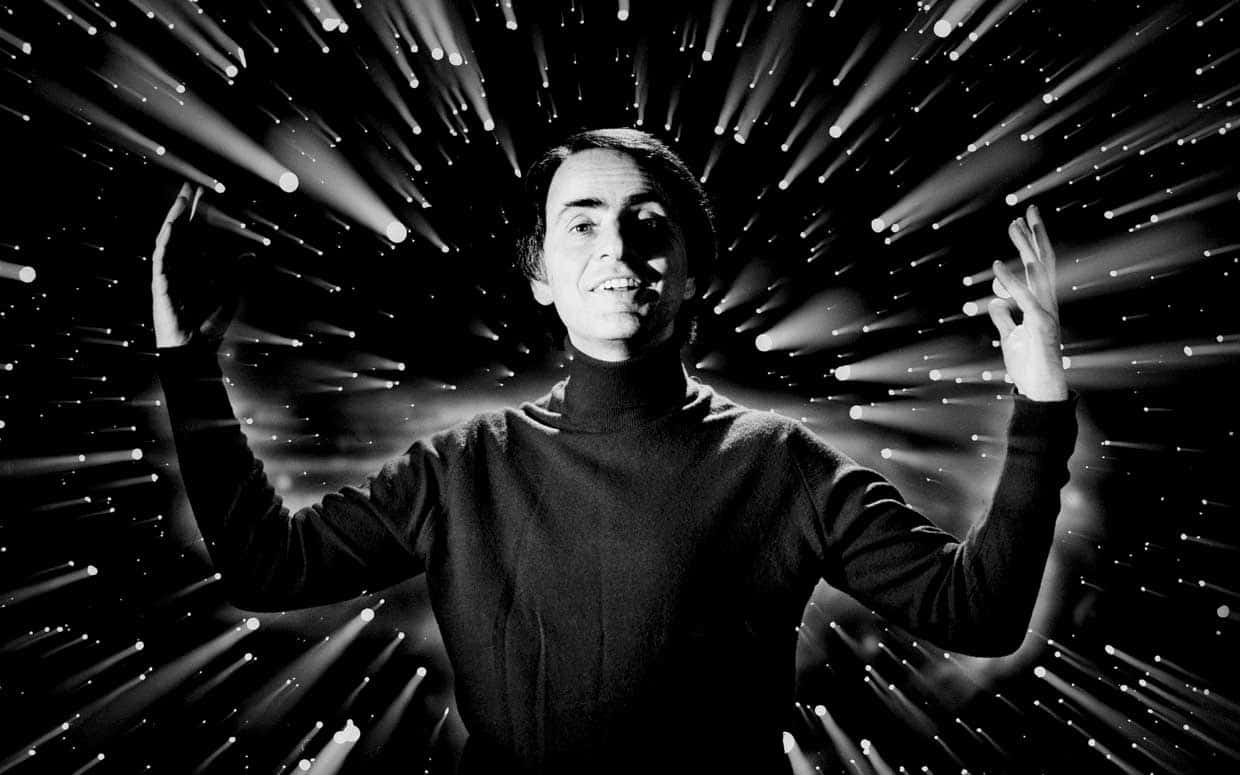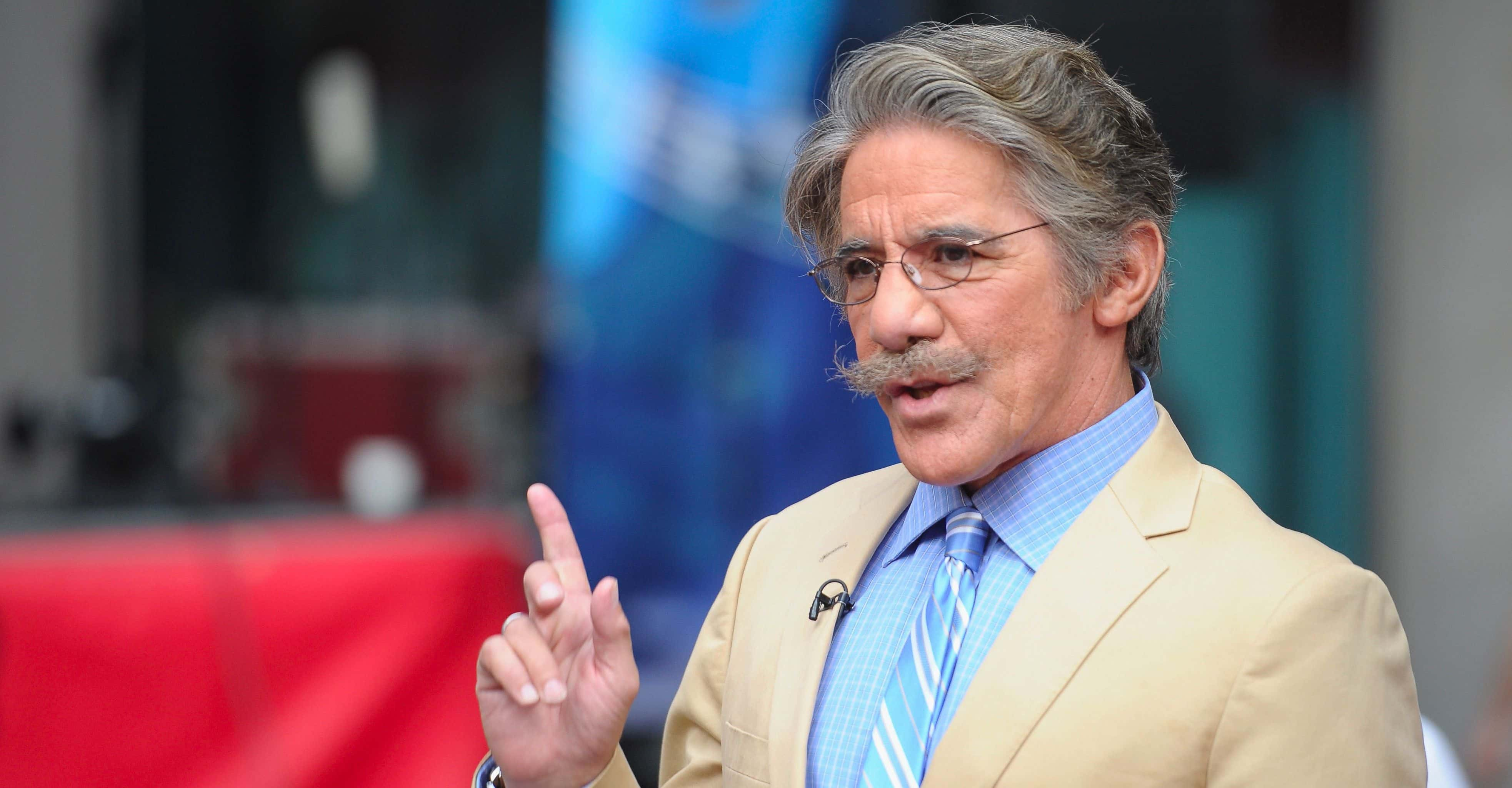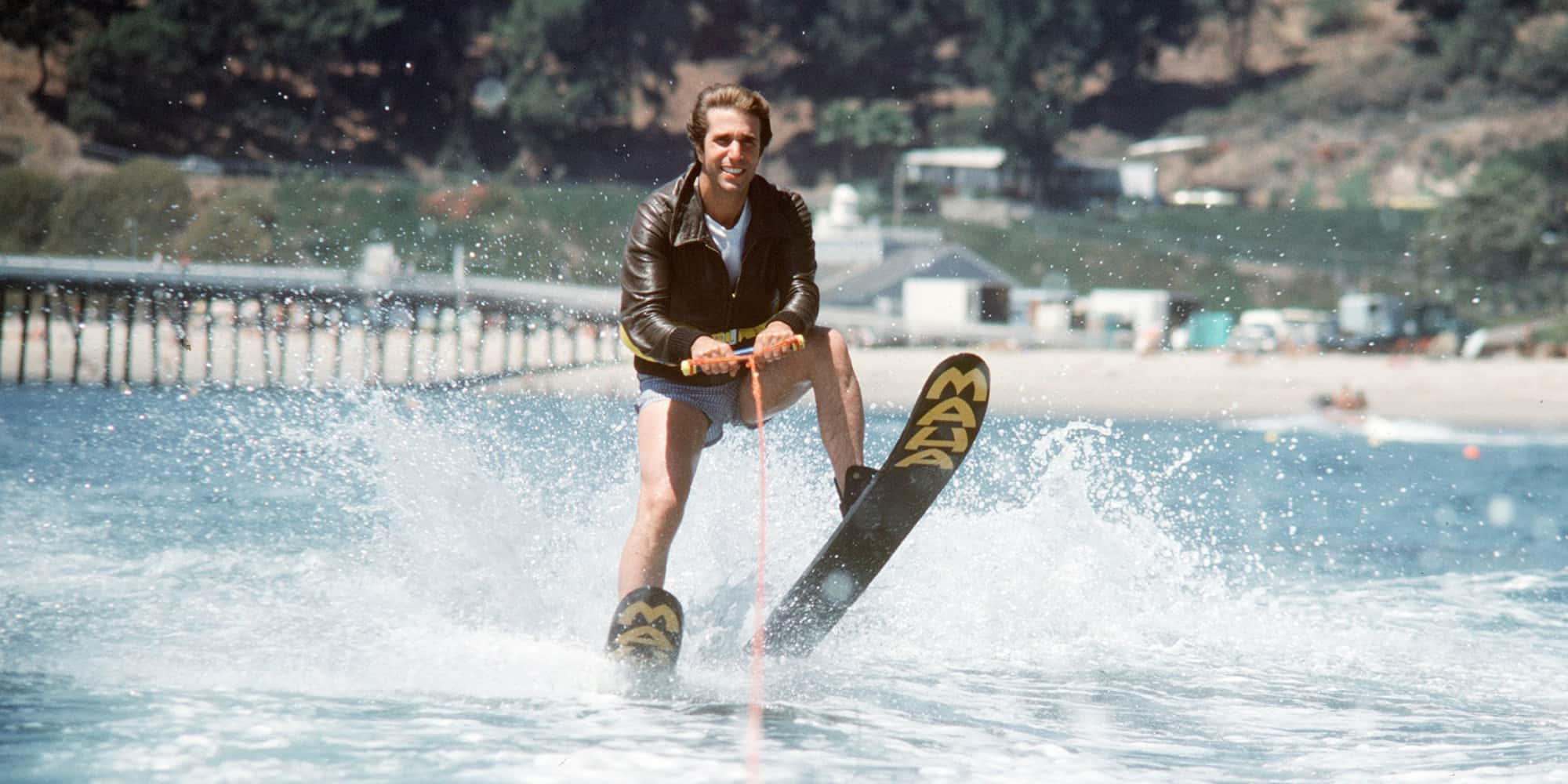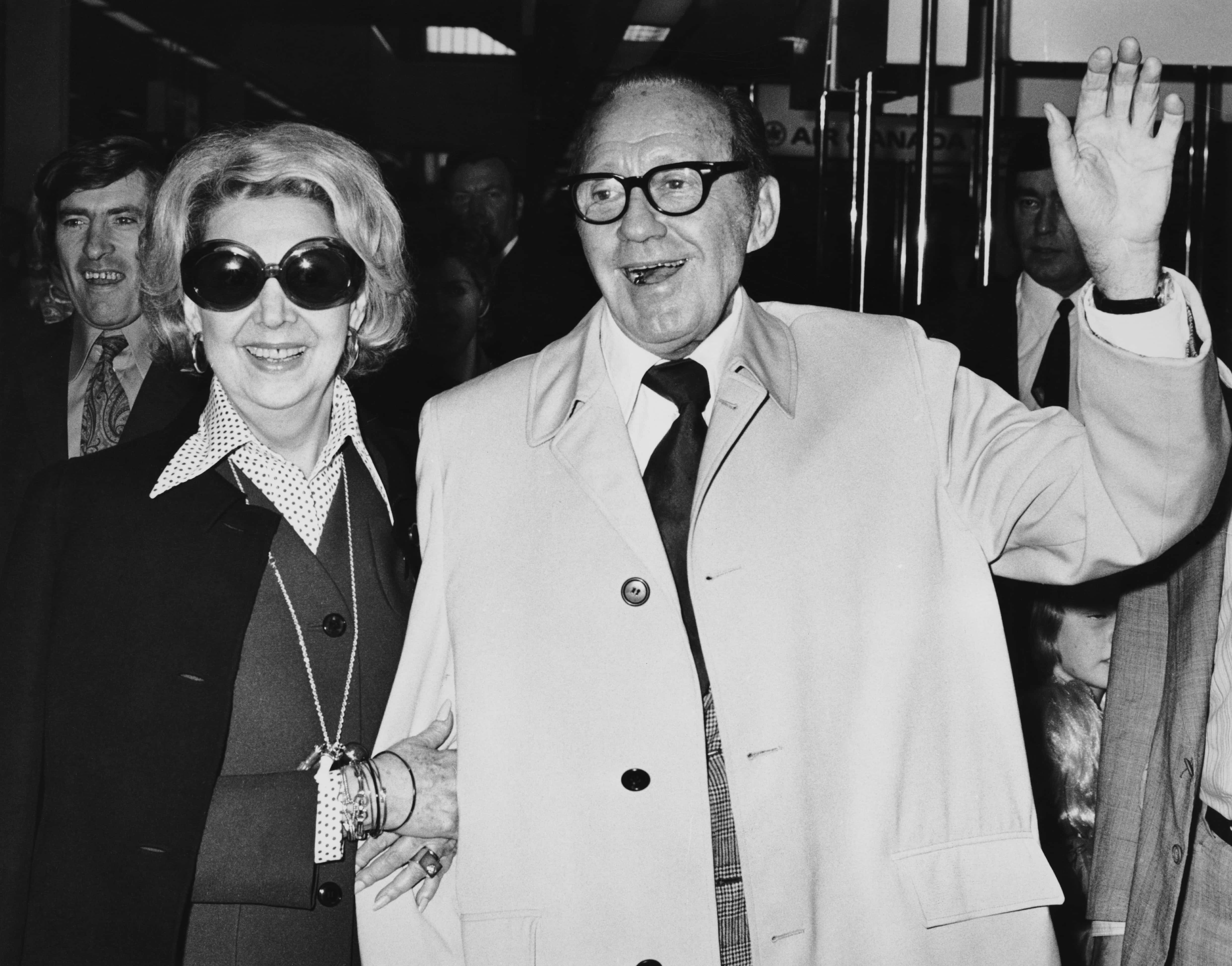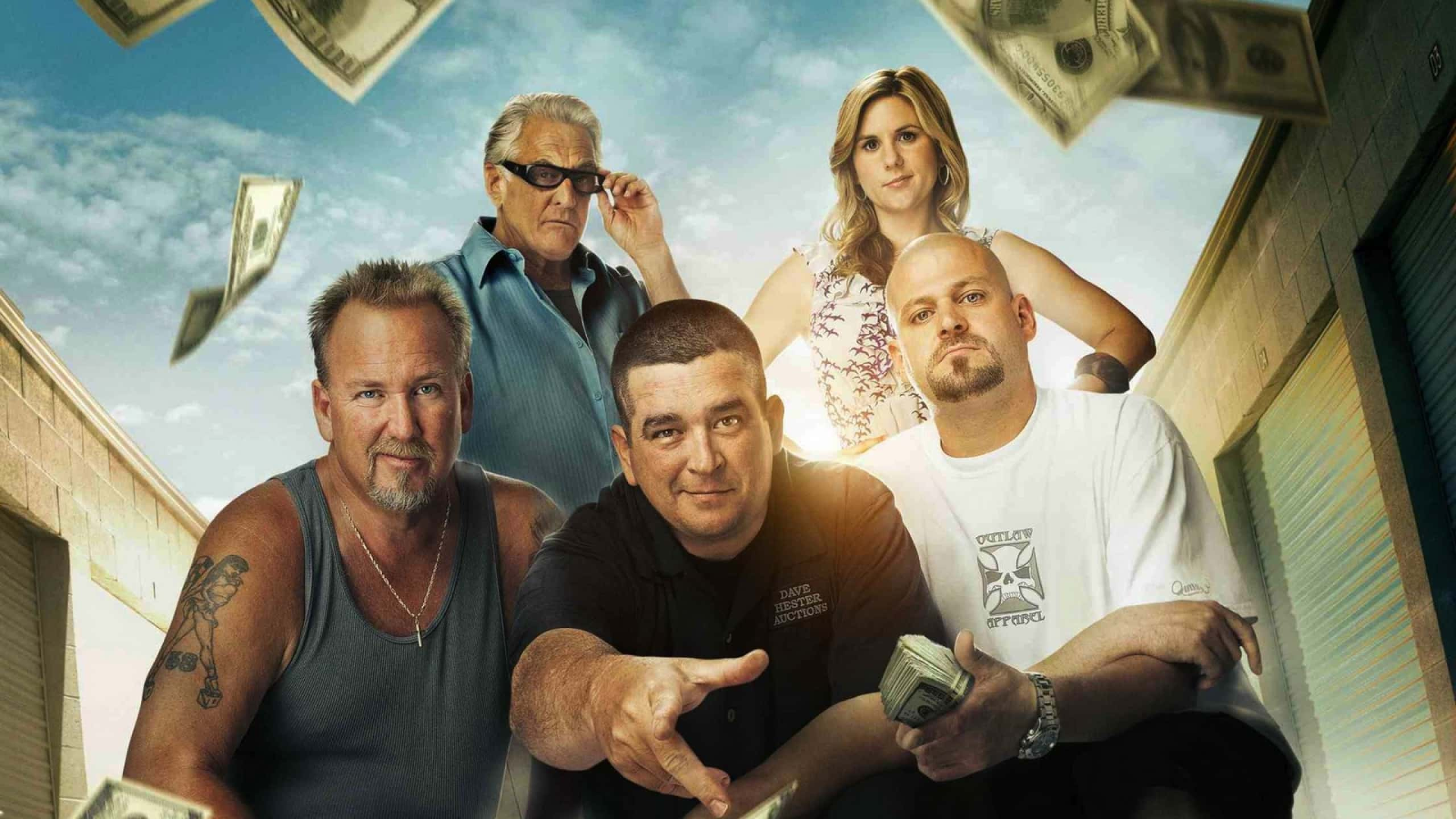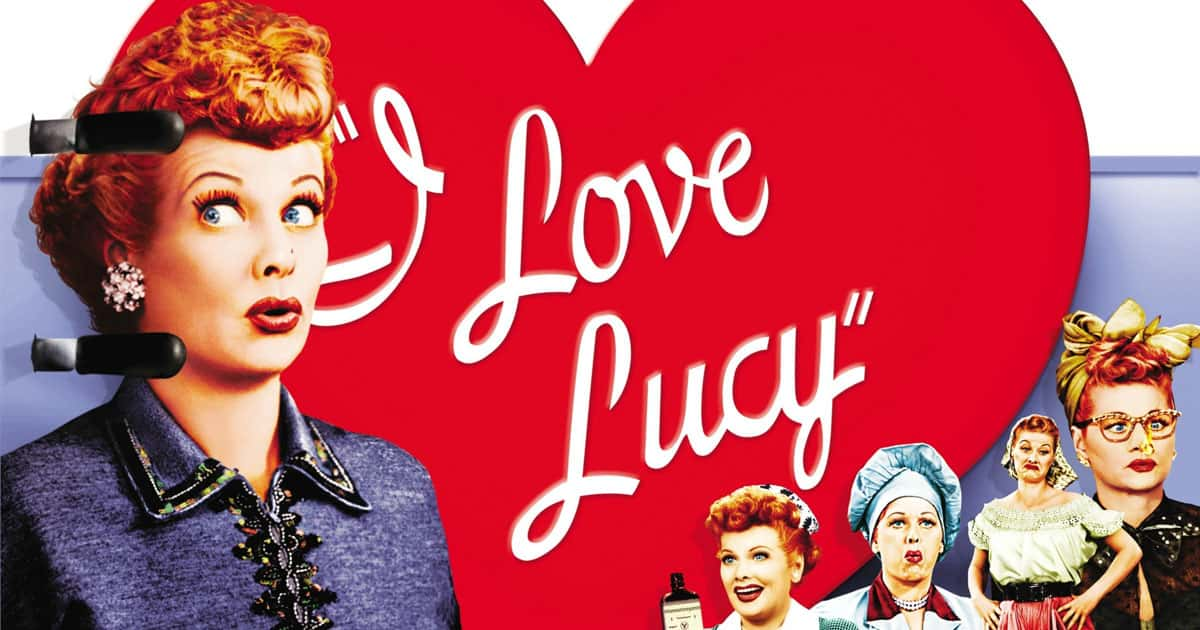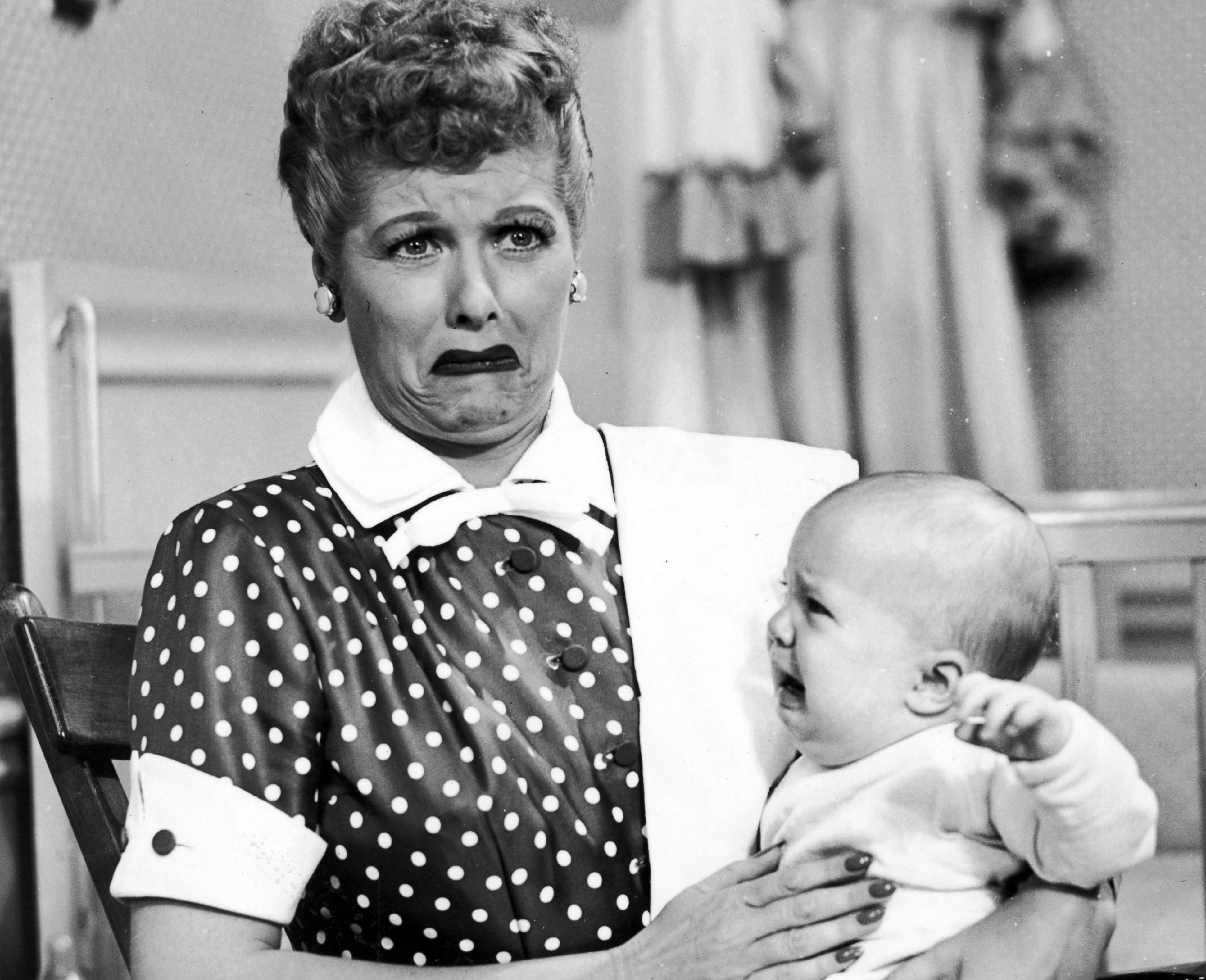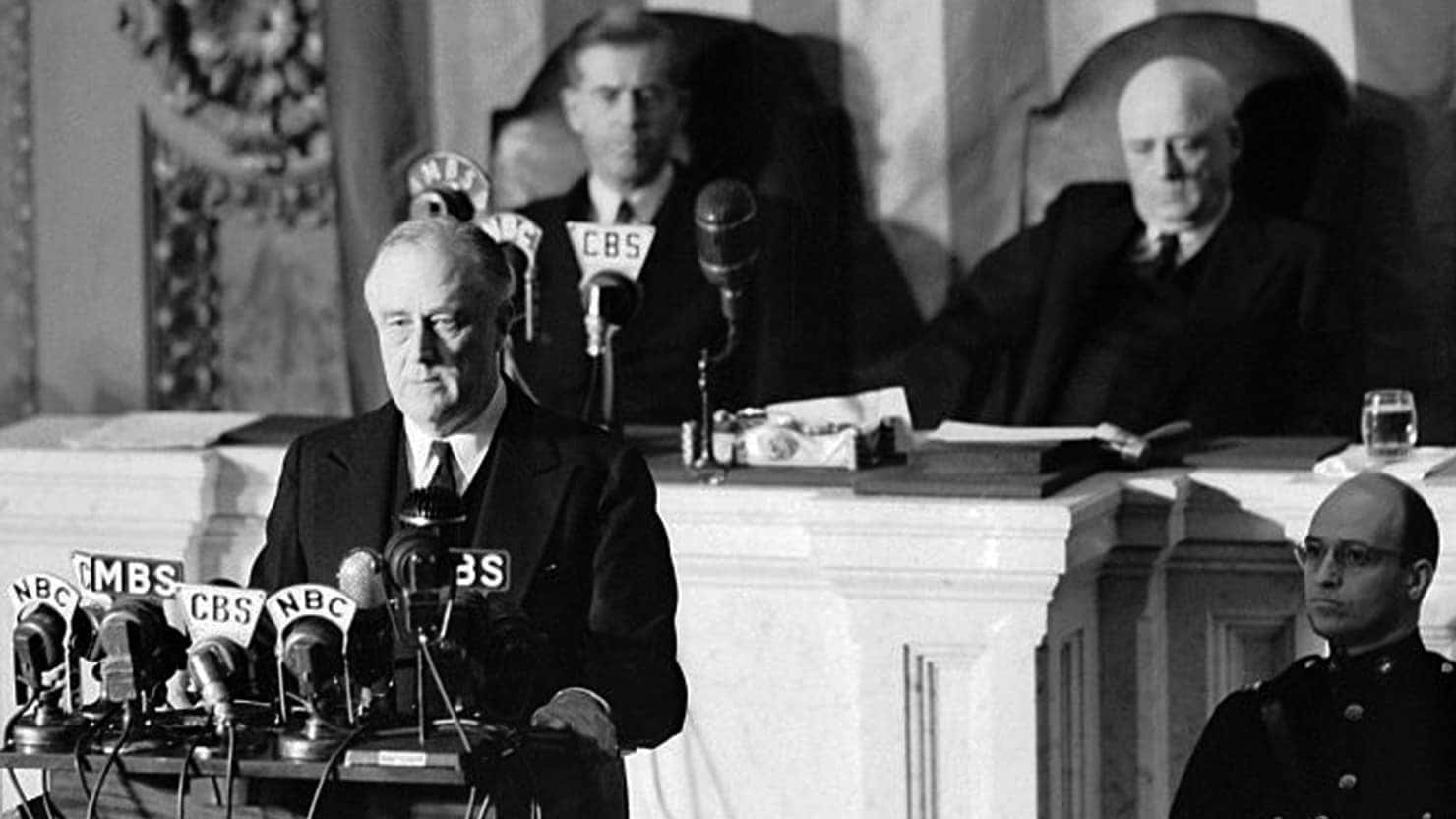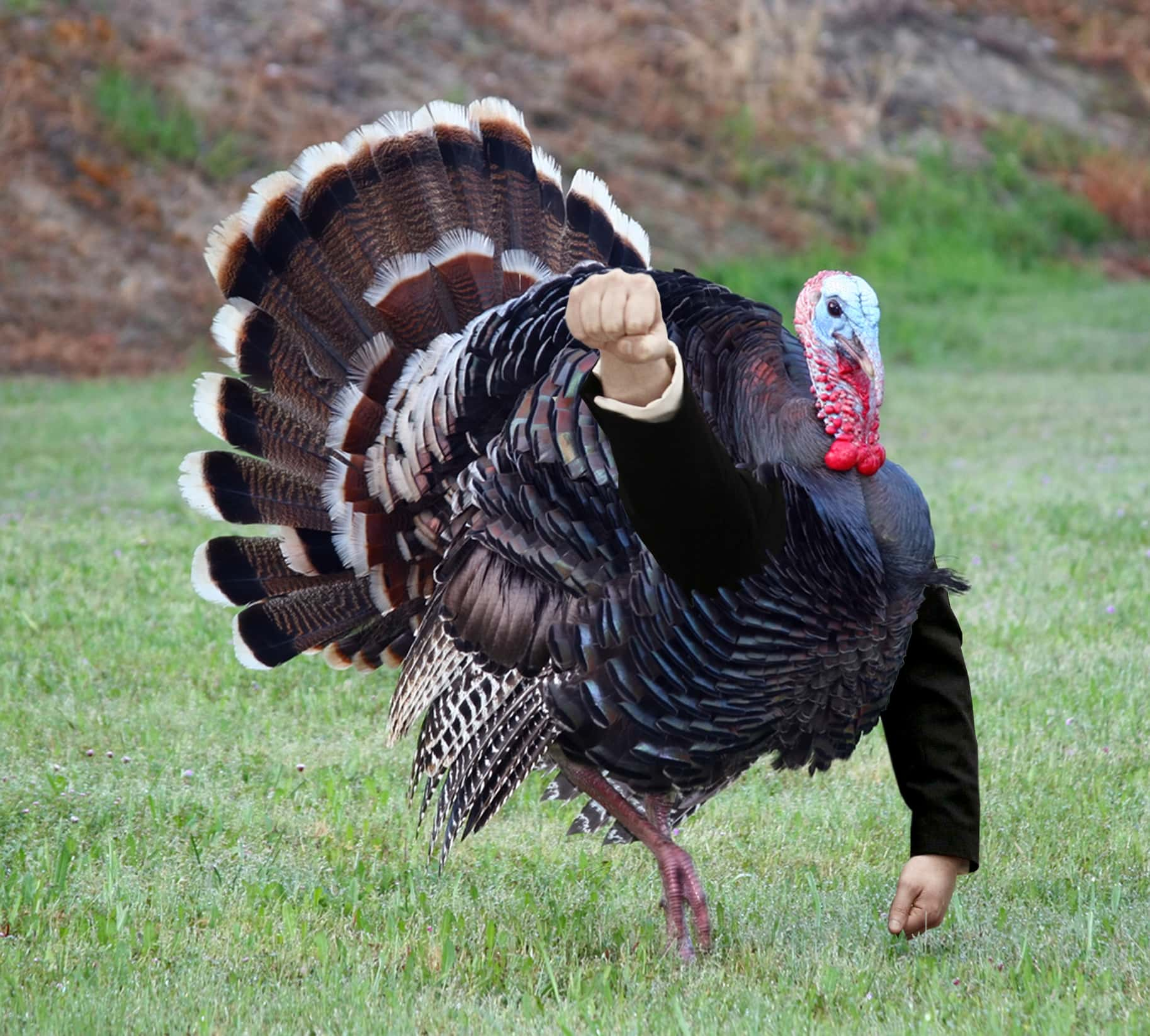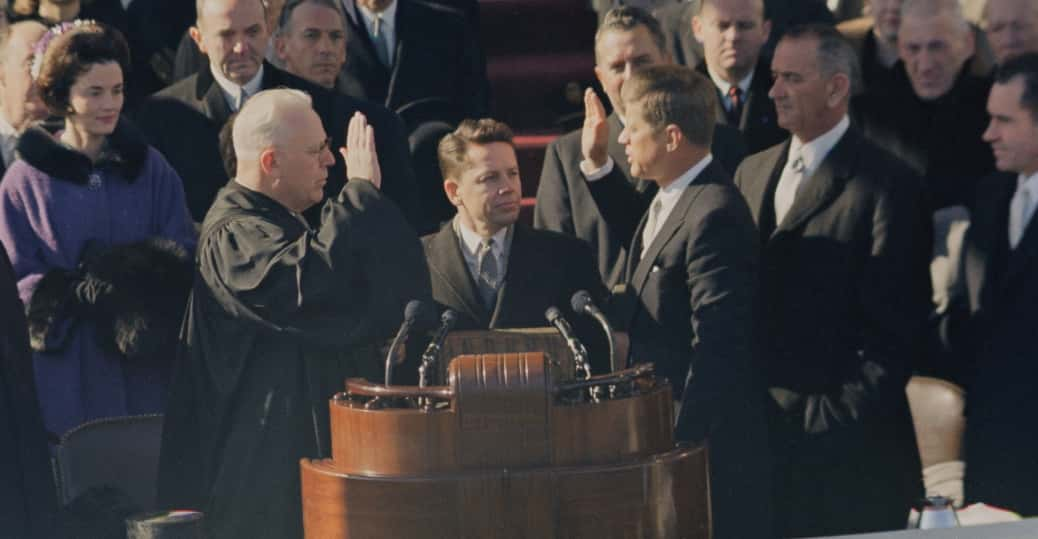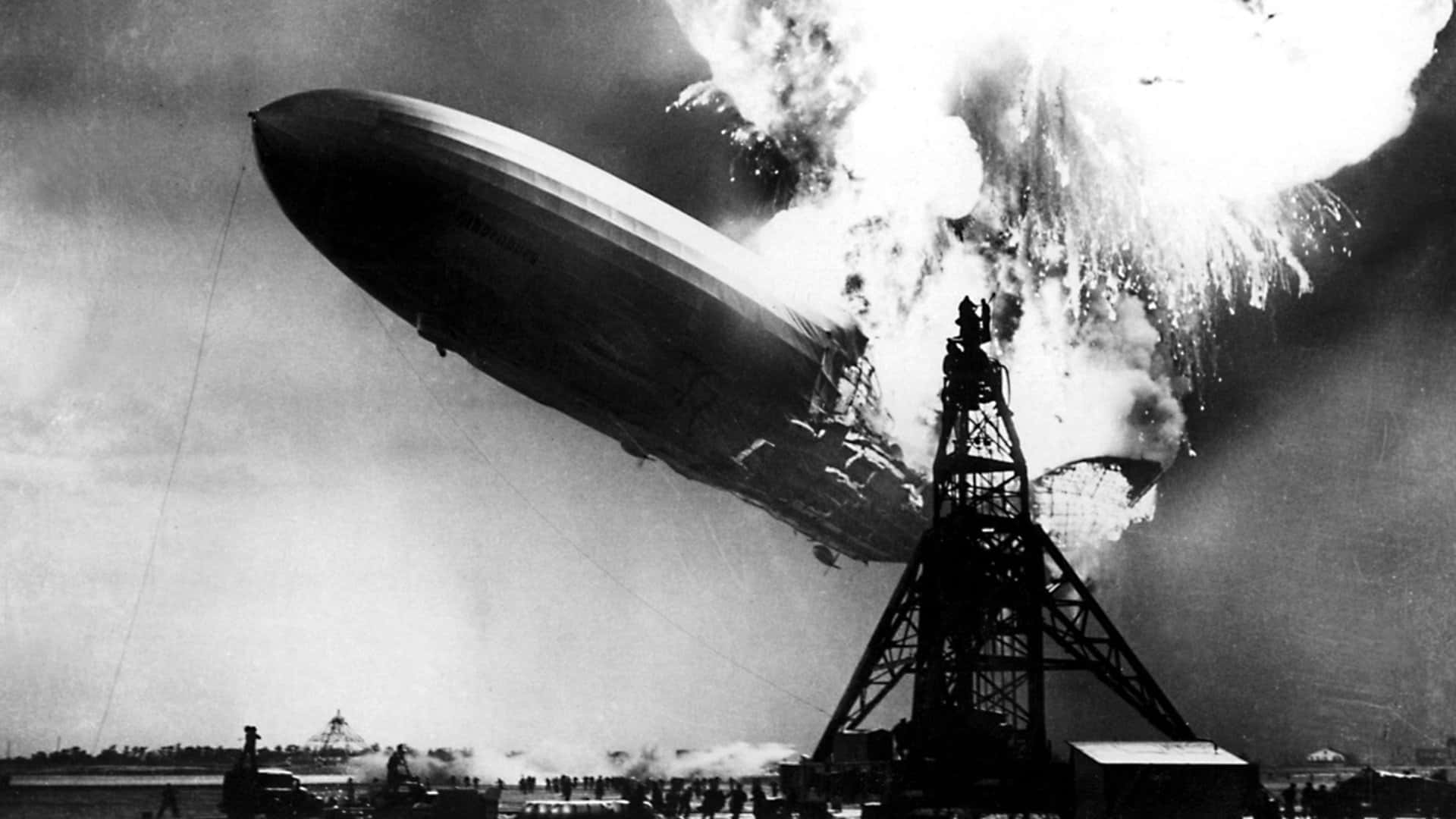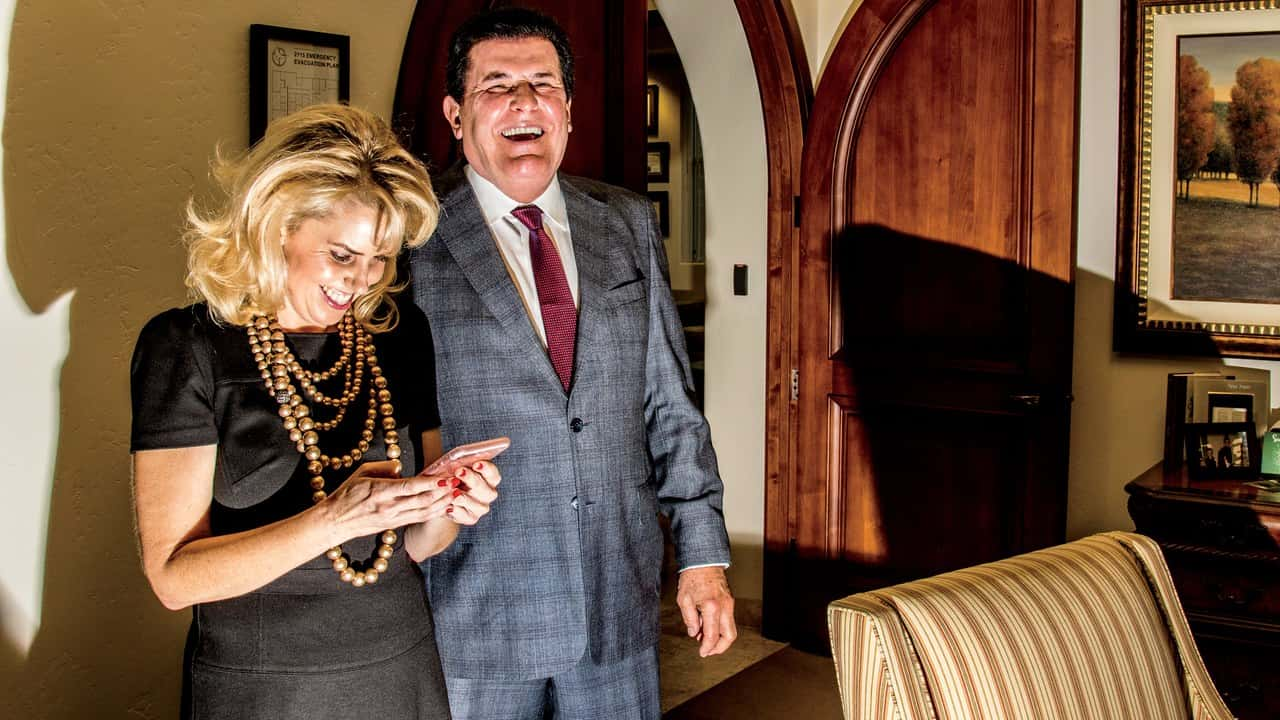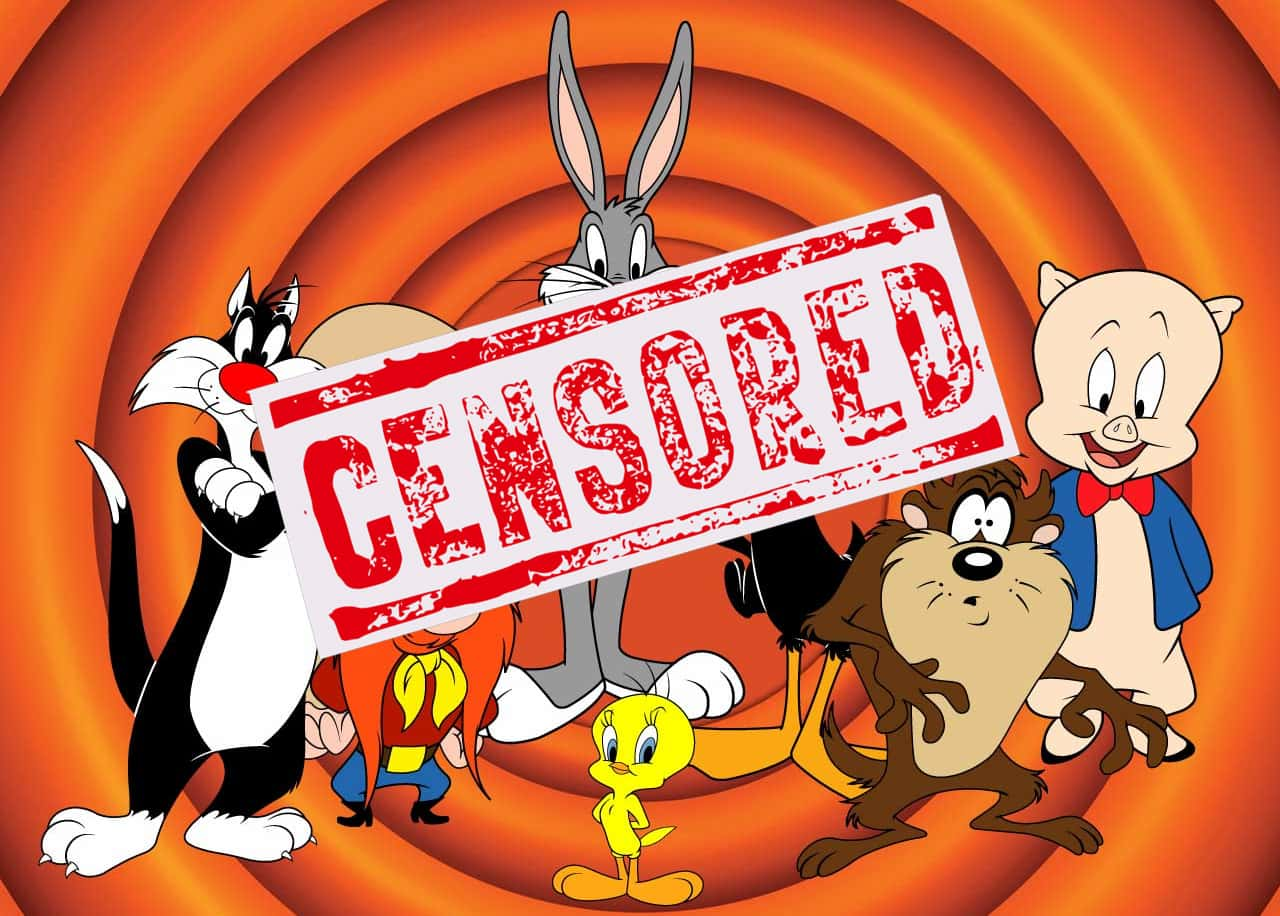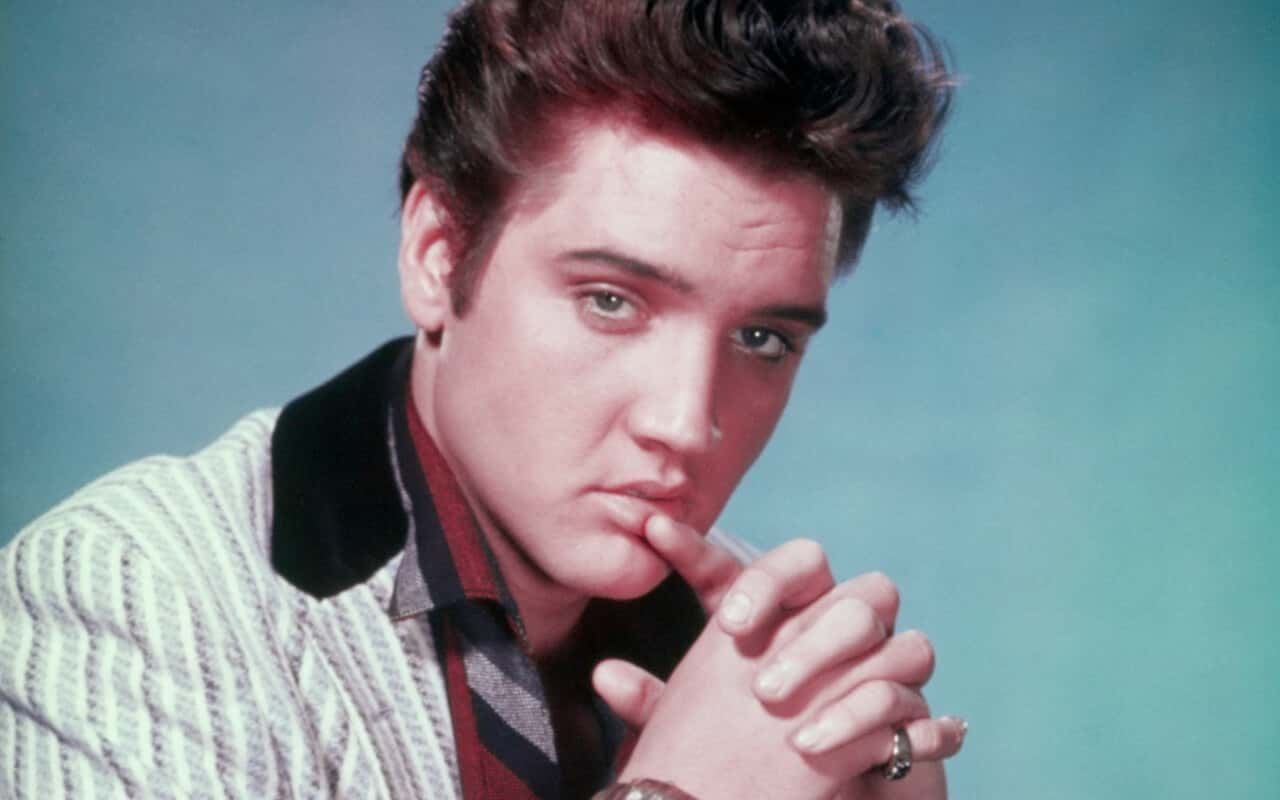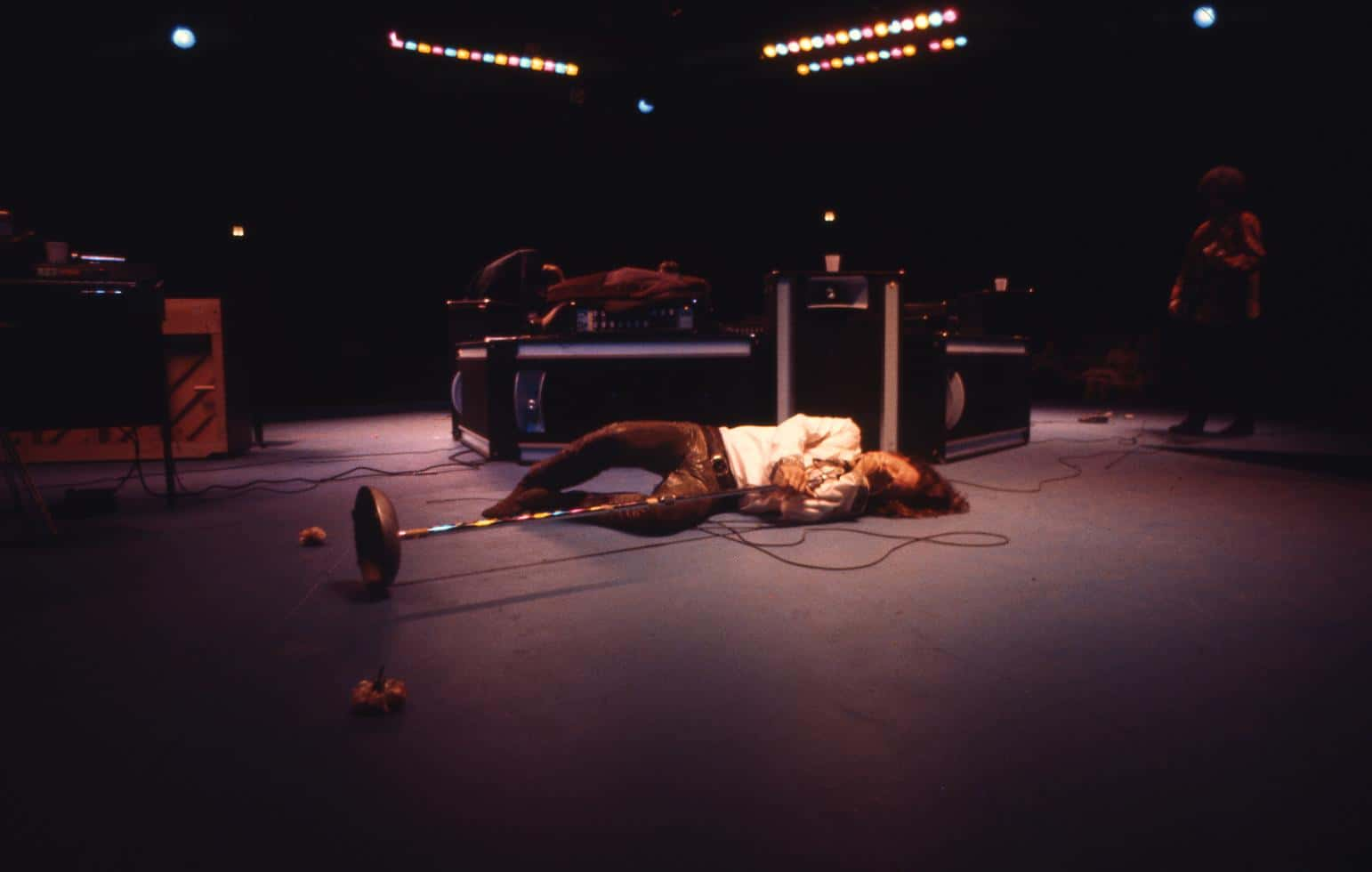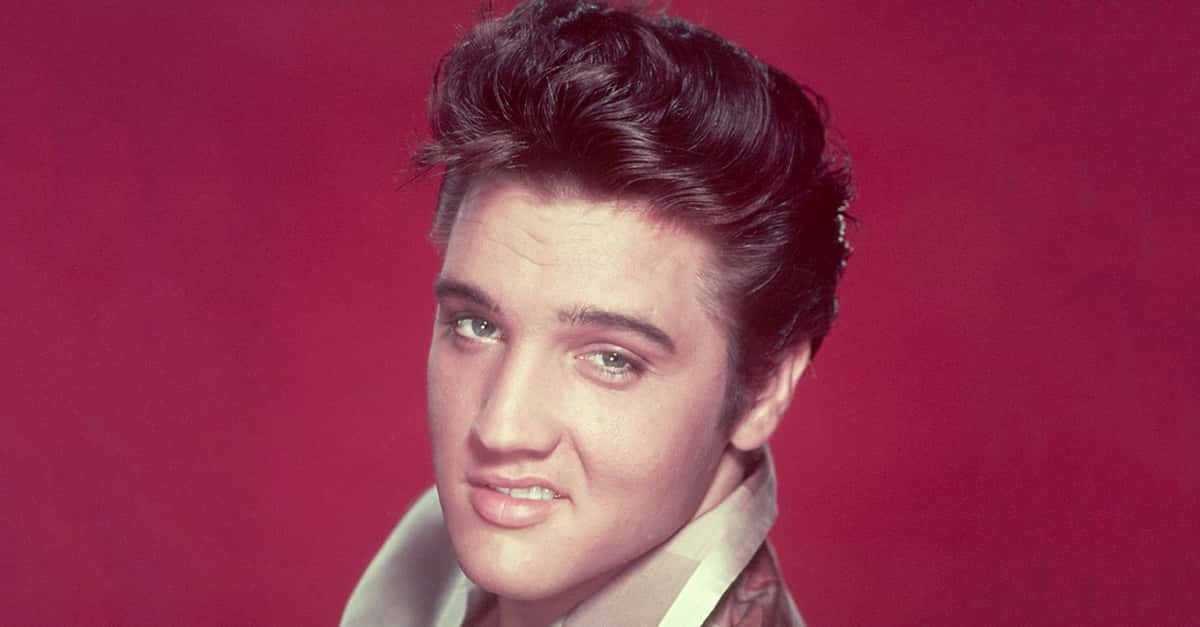For over a century, broadcasting has played a major role in many people's lives. Radio and television have helped bring several generations some of their greatest memories. However, not every wave that's ever gone out on the air has been top-notch material.
Here are 42 facts about some of the most infamous blunders, scandals, and just plain weird moments in broadcasting history.
History of Broadcasting Facts
42. Merry Beginnings
So what was the first ever radio broadcast? Legend has it that Canadian inventor Reginald Fessenden gave a Christmas Eve broadcast back in 1906—the year before Lee de Forest began publicly promoting and testing radio as a form of entertainment. Speculation and debate over whether this incident actually took place have caused it to remain a mystery.
41. Yolanda
Live wardrobe malfunctions usually qualify as major broadcasting blunders, and one of the most famous ones of all time occurred on The Price is Right back in 1977. Contestant Yolanda Bowsley was so excited to have gotten on the show that she jumped right out of her shirt. In the words of host Bob Barker, “she came on down, and they came on out!”
40. A Troubled Genre
Game shows were at the height of their popularity in the early 1950s, until it was revealed that a number of the most popular shows were secretly scripting who would win. This scandal rocked the nation, and it would take time before game shows regained enough trust from the public to come back into the mainstream.
39. Mistrusted Anchor
The public scarcely felt as deceived by the media as they did in 2015 when the popular and well-respected host of the NBC Nightly News, Brian Williams, was revealed to have fabricated stories on the air about his experiences while covering the Iraq war. The scandal cost Williams his show and likely contributed to the public sentiment about “fake news” that has defined the media climate in recent years.
38. Horror
The 2015 Virginia shooting of reporter Alison Parker and cameraman Adam Ward was one of the most horrific moments in broadcasting history. Parker and Ward were in the middle of conducting an interview on live TV when an angry ex-colleague approached and shot them live on the air, killing them both and utterly shocking the world.
37. The Original Fake News
Was there ever a broadcast of any kind that made history as much as Orson Welles' 1938 War of the Worlds radio play? The play depicted an alien invasion of Earth that was dramatized as a series of news reports on the fictional events. These "reports" were famously misinterpreted by many listeners who did not realize what they were really listening to, and mass hysteria ensued over the perceived Martian attack and destruction of America's cities.
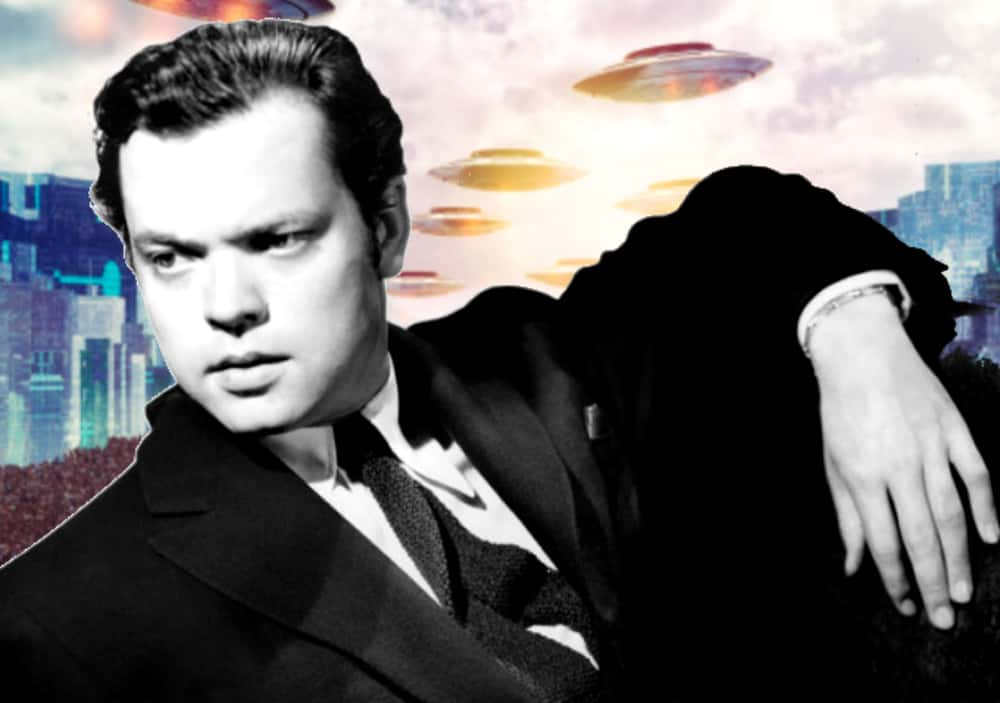
36. Miscalculation
Everyone makes the occasional career decision they later regret. No one knows this feeling better than comedian Fred Allen, who was one of the old-time radio era's biggest stars but passed up the opportunity to take his act into television format because he thought TV was a stupid medium that would never last. Sadly for this former number-one rated host, many of his colleagues who did make the transition remain iconic names today, while few in the younger generations know the name Fred Allen.
35. Three Words: White Ford Bronco
The O.J. Simpson murder trial of the 1990s and the way it was covered by the media is often pointed to as the catalyst that spawned the 24/7 news cycle we now enjoy and have come to expect. In other words, a murder determined the way we all consume broadcast media. Let that sink in a bit.
34. All Shook Up
When Elvis Presley appeared on the Ed Sullivan Show in 1957, censors famously refused to film him below the waist—fearing that allowing the public to witness his hip-shaking would cause some kind of an inappropriate stir.

History's most fascinating stories and darkest secrets, delivered to your inbox daily.
33. Hocus No-cus
Self-proclaimed psychic Uri Geller had been taking the world by storm in the late 1970s until an unforgettable incident took place on live TV. Johnny Carson, the ever-popular Tonight Show host, invited Geller on his show for an interview, while secretly plotting to test his alleged powers. In front of a national audience, Geller failed to perform a single feat without the benefit of his own team's setup and planning. Needless to say, this moment did not exactly help his career.
32. Yogurt Wars
The airwaves have certainly been used for bizarre purposes now and then. One-of-a-kind conspiracy theorist and talk show host Alex Jones, famous for claiming that 9/11 was a government plot and for frequently making wild and strange accusations against anyone and everyone, caused a lot of controversy in 2017 when he accused Chobani yogurt of being behind sexual abuse of children and the spread of tuberculosis—without any evidence whatsoever. This resulted in a lawsuit against Jones, and a subsequent retraction of the statements.
31. The Medium Is the Message
The 1960 election between Richard Nixon and John F. Kennedy featured the first ever televised debates. This milestone in broadcasting history was marked both by the youthful and style-conscious Kennedy's successful effort to appear suave and composed, and by Nixon famously appearing sweaty and unshaven to the TV viewers. The story goes that those who listened to the debate on radio felt that Nixon won, while those who watched it on TV came away with an image of Kennedy as an impressive hip and charismatic figure—a reputation that helped carry him to victory in November.
30. Pointing the Finger
One of many famous incidents involving TV legend Ed Sullivan occurred in 1964 when comedian Jackie Mason responded to off-camera hand signals warning of a time limit by mimicking the gestures with his fingers. Sullivan interpreted this as an obscene gesture, and banned Mason from his show—cancelling his contract. Being so publicly at odds with as beloved a figure as Sullivan put a major damper on Mason's career, and it would take him several years to recover his now legendary reputation.
29. Shameful Origins
Another dark secret in the history of broadcasting is that one of the first major TV broadcasts of all time was organized by none other than Adolf Hitler. At the extremely controversial 1936 Olympic games in Nazi Germany, Hitler had wanted to show off the advanced technology of his country by televising the games and having them available for public viewing in select locations.
28. You're Being Watched
As if Hitler broadcasting the first major TV event isn't spooky enough in and of itself, the broadcast's notoriety was taken to new levels when it was featured in Carl Sagan's 1985 best-selling novel Contact as the radio signal that gets picked up by an alien civilization and prompts the extraterrestrials to discover and communicate with the human species. This story may only be fiction, but its implication is very real and mind-blowing—that if aliens really are out there, their very first impression of us could be this or any one of these other dark broadcasts floating around in space.
27. A Modern Spiritual
If you've ever seen The Lawrence Welk Show, the last thing you might expect this quiet, family-oriented show to be performing for its largely older, conservative audience is a song about getting high on drugs. Nevertheless, in one of the most bizarre moments in TV history, a duet of “One Toke Over the Line” was performed on an episode of this show, apparently misunderstood by the show's producers as being some kind of religious song due to its reference to Jesus.
 Pinterest
Pinterest
26. Brawl
A famous and scary incident in broadcasting history was when Geraldo Rivera's talk show devolved into a physical brawl between a white supremacist and an African-American activist, resulting in the host getting his nose broken on air in the crossfire.
It wasn't my fault
25. Rare Diagnosis
Despite Happy Days giving birth to countless now-standard and beloved broadcasting tropes, there are one or two it probably wishes everyone could forget. One, of course, is “Chuck Cunningham Syndrome”—the disappearance of a character from a show without any explanation. The name comes from main character Richie Cunningham's brother who, as you can guess, disappeared without a trace partway through the second season, and whose existence as part of the Cunningham family was never again mentioned or addressed for the remainder of the run of the show.
24. This Shark Is Ours
Another broadcasting concept Happy Days would like to remove from its otherwise legendary resume is the phenomenon of “jumping the shark.” The phrase comes from an episode in which The Fonz tries to prove his coolness by, quite literally, jumping over a shark while water skiing. The phrase now refers to a point in a TV show's life where it either changes, gets silly or boring, or begins its decline towards cancellation. In Happy Days' case, however, shark-jumping did not affect its ability to continue going for another seven years strong.
23. Stage Fright Turned Stage Panic
One of the radio's leading ladies during the 1940s and early 50s was Mary Livingstone, co-star of the Jack Benny Program and comedian Jack Benny's real-life wife. After having been a star and main character on this popular show for many years, Mary mysteriously developed a sudden case of immense stage fright and completely stopped appearing on the show around the time that it made the switch to television. Maybe Chuck Cunningham can tell us where she went!
22. Homerdamus
This one is definitely freaky! If you spend a lot of time on the internet, you've likely encountered the claim that the popular cartoon show The Simpsons has a knack for predicting things that actually come true. From voice-command watches, to tigers attacking their famous trainers, to the Presidency of Donald Trump, it makes you wonder what's really going on with these yellow creatures.
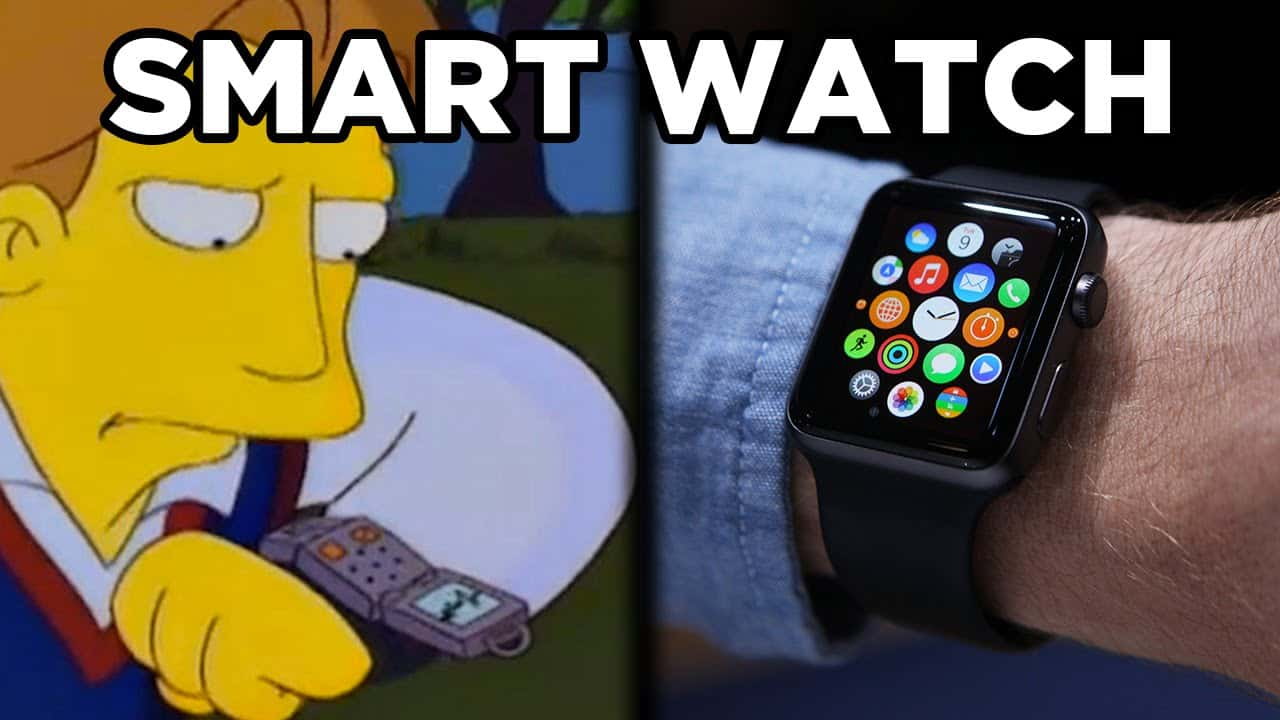 Pinterest
Pinterest
21. Alternate Reality
One genre that characterized broadcasting in the early 2000s is reality TV—though many would object to the term "reality" being part of its title. The entire genre has been marred by critics and scandals alleging that the events it shows are exaggerated or even scripted. For example, the popular Storage Wars was revealed to have been planting items of interest in lockers to be featured on the show and staging them as being discovered by auction winners.
20. A G-Rated Fact
The climax of public debate over the FCC's role in censoring media came in the mid-1970s when they imposed a “Family Viewing Hour” policy demanding that networks adhere to family-friendly content during certain hours of the day. The policy was ultimately ruled an unconstitutional infringement on the networks' First Amendment rights—but law or no law, the role of family-friendly programming and TV guidelines remains a point of contention for many people to this day.
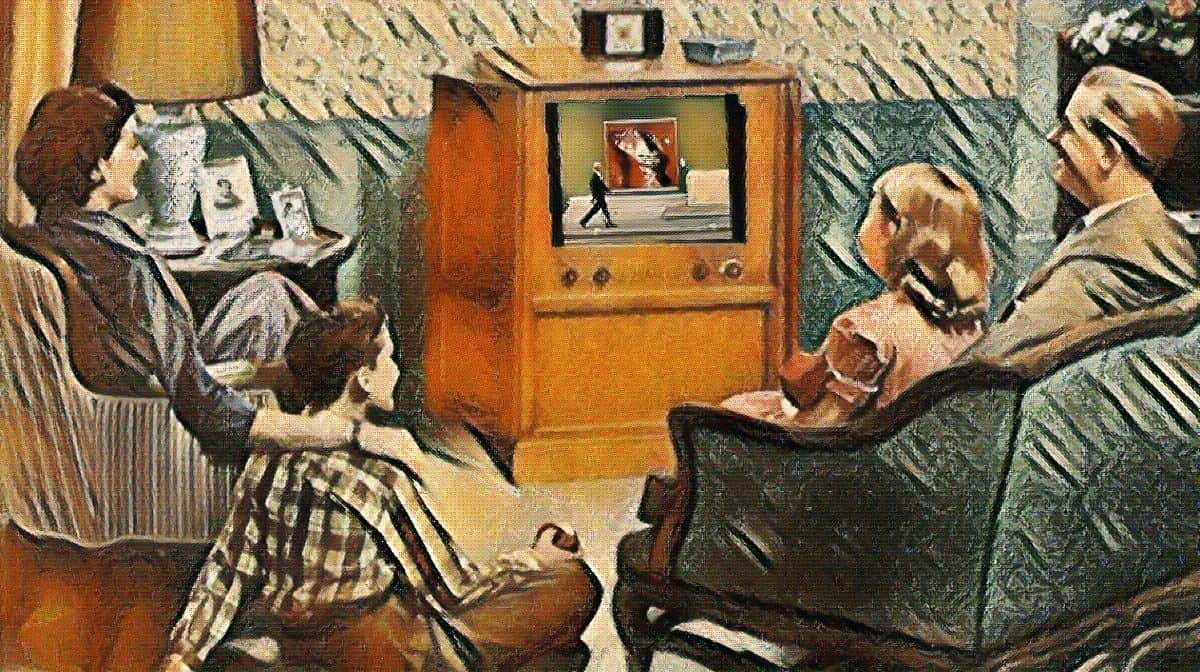
19. Cuban Embargo
I Love Lucy was one of TV's earliest big hits and has remained popular today. However, it was almost a different “I” that would have loved Lucy, because CBS initially rejected Lucille Ball's idea for her real-life husband, Desi Arnaz, to play her TV hubby—due to the fact that he was Cuban. Network executives instead wanted Ball's former radio co-star from the show My Favorite Husband, Richard Denning, for the part, but Ball refused to do the show with anyone other than Arnaz. The network eventually gave in and the rest, as they say, is history.
18. Some 'Splaining to Do!
Speaking of I Love Lucy, one of the weirdest and most publicized coincidences in broadcast history was the birth of Ball & Arnaz's real-life son, Desi Arnaz Jr., which coincided to the exact day of the highly-anticipated episode where Lucy would give birth to the fictional counterpart of the couple's son, Little Ricky. The public was so captivated by the birth episode, the preceding hype around it, and the coincidence of Lucy's real-life pregnancy timing (though she had scheduled a C-section, so it wasn't all coincidence), that it was actually watched by more people than President Dwight Eisenhower's inauguration, which took place the next day.
17. Bootleg History
Could one of the most important speeches ever to be broadcast have been made possible by one of the most notorious criminals of all time? Following the Pearl Harbor attack, President Roosevelt needed to be transported to Capitol Hill to make his historic “Day of Infamy” speech to the nation, launching America into World War II, but, legend has it, he did not have a sufficiently safe vehicle that could protect him from any potential threats along the way. Luckily, someone remembered that a bulletproof car that had belonged Al Capone had been seized by the government, and it was inconspicuously deployed to safely deliver the President to his destination.
16. Deadly Report
One of the deadliest incidents in broadcast history was the 1978 Jonestown, Guyana affair. It all started when an NBC news crew, along with Congressman Leo Ryan, went down to investigate reports that the community who had settled down there was a cult that was abusing its members. Leader Jim Jones must not have been happy with the way the interview had gone, as his members gunned down the reporters and the congressman to their deaths later that day. As if that was not horrific enough, Jones then instructed his 909 followers, including almost 300 children, to commit a mass suicide. It doesn't get much darker than that...
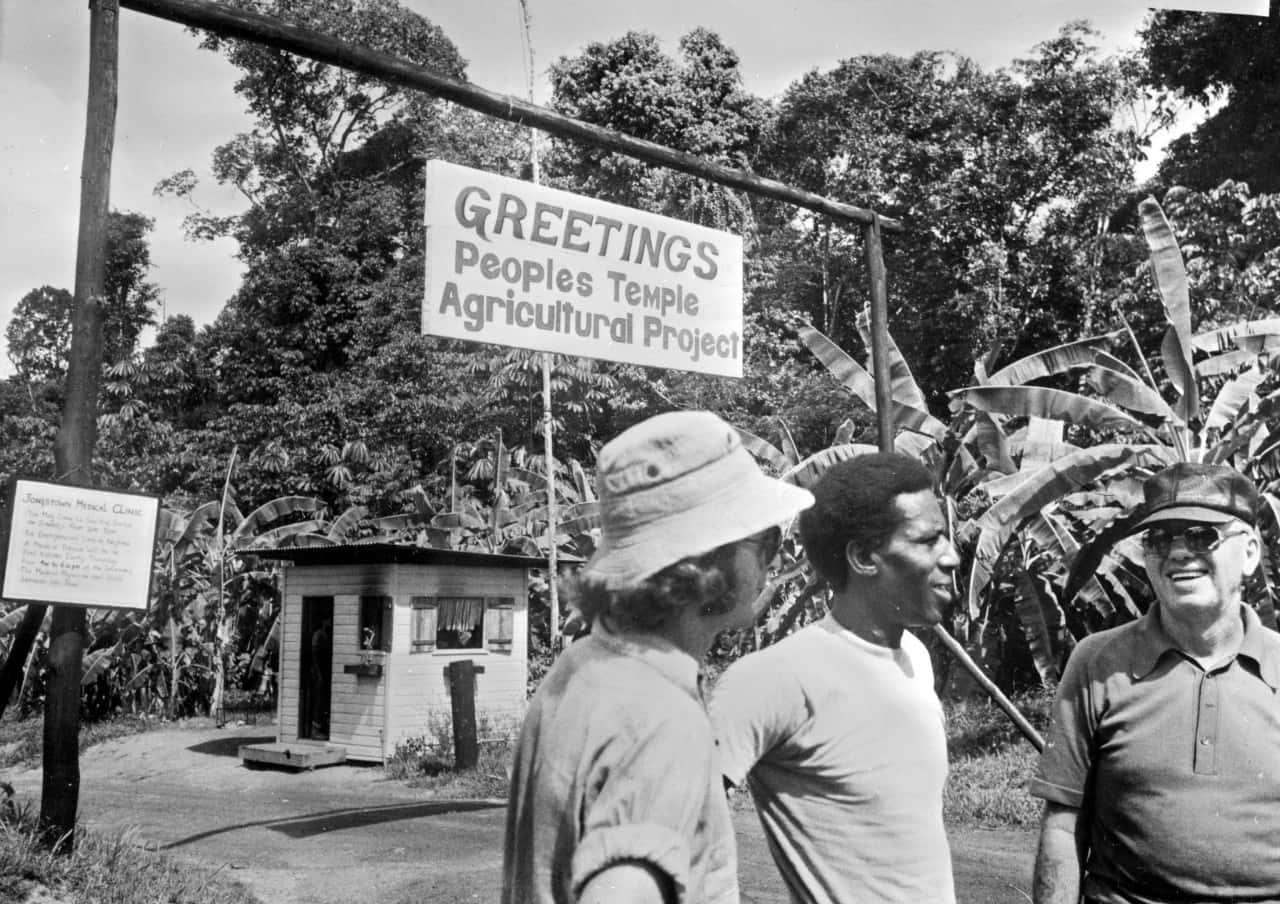 Pinterest
Pinterest
15. Gobble Gobble
A weird and memorable moment took place on the UK's Family Fortunes game show when contestant Bob Johnson gave “turkey” as his answer to three questions in a row. Talk about a one-track mind!
14. Pie in the Face
Another of TV broadcasting's most bizarre and controversial moments involved singer Anita Bryant, who had become a political activist against homosexuality. The moment occurred in the middle of a television appearance when Bryant was pied in the face as an act of political protest back in 1977.
 Youtube
Youtube
13. Out of Good Ideas
One hilariously bizarre moment in broadcasting history that isn't exactly dark but just plain weird was the way the media handled the mysterious disappearance of a Malaysian plane back in 2014. Some news anchors were so baffled that they began to speculate about the possibility that a small black hole had sucked up the plane. Needless to say, scientists were quick to put this theory behind them—but late-night comedians had no such intentions.
12. Illuminati Hints?
Conspiracy theorists concerned that the media controls the government might not seem so crazy to those who have looked back at NBC's 2004 Bush/Kerry election night coverage, in which a commercial for The Apprentice showing an image of Donald Trump is immediately followed by a report of Barack Obama's election to the Senate. The faces of the next two future Presidents appearing one immediately after the other? Now, that's just spooky...
11. False Accusations
Popular folk wisdom has long attributed the decline of hats in everyday life to John F. Kennedy's decision to go bare-headed during his groundbreaking, widely-viewed inauguration. However, this, like many other popular legends, is only a myth, as Kennedy did in fact wear a top hat on the way to the inauguration.
10. Oh, The Humanity!
The era of broadcasting has allowed people around the world to witness events as if they were actually there. One of the first widely experienced examples of this was the explosion of the Hindenburg Zeppelin in 1937—which saw reporter Herb Morrison's now famous horrified reaction go out on radio just hours after the disaster unfolded.
9. Unholy Alliance
Religious programming has always had a presence on the airwaves, but not all airwave preachers have proved as sincere as others. One dark example of a charlatan using broadcast media to take advantage of people's faith was the popular televangelist and self-proclaimed prophet, Peter Popoff. Popoff had been claiming to surmise audience members' ailments through prophecy, until he was busted for reading their "prayer request cards" and having them broadcast into an earpiece by his wife.
8. Jammed Lines
In a prank of epic proportions, local Manhattan public-access host Diddly Squat saw every single one of his phone lines occupied by pranksters cursing, mocking, and generally taking over the show. No matter which line the host tried to go to, there was another jokester ready to go. We must warn you however that if you plan to check this incident out on YouTube, you may want to make sure no children are present—viewer discretion is definitely advised.
7. Banned Bunny?
Some of the Looney Toons cartoons have been deemed so racially insensitive, dated, and inappropriate that they are never to be aired on TV. A series of particularly offensive shorts known as the “Censored Eleven” have remained blacklisted and banned from all broadcasts.
6. Long Live the King
One of the hidden gems of broadcasting's bizarre history, which those outside of the Cleveland area may not have ever heard of, was the 2002 case of “Jesse”—a man who reached out to local Fox reporter Suzanne Stratford claiming to be Elvis Presley, alive and well hiding and somewhere in a witness protection program. The story was picked up by the station and became an ongoing, elaborate saga. Weeks of back and forth communication between “Jesse” and the Fox team revolved around a promise that this was Elvis' way of slowly reemerging to the public before making the greatest musical comeback of all time. Although the story eventually died down and no comeback ever occurred, it did lead to somewhere even stranger: the two samples of authentic Elvis DNA provided for comparison with “Jesse”didn't even match each other. That's right, Elvis' own DNA didn't match his own DNA.
5. Mystery Caller
One of the eeriest moments in broadcasting was a call received by late night radio talk show host Art Bell on Coast to Coast AM. The frantic caller claimed to be a former employee of Area 51, the infamous government base that allegedly harbors captured extraterrestrial bodies. At that precise moment, the power suddenly dropped and the show went momentarily off the air. Writer Bryan Glass claims to have been behind the call—though some don't buy his story, and still question what caused the power to fail at such a suspiciously convenient moment.
4. Darkest Hours
One of the biggest tragedies to occur live on the air was the 1986 explosion of the Challenger space shuttle, which met its demise just 73 seconds after liftoff. This resulted in the deaths of all seven crew members, including Christa McAuliffe—who was supposed to have been the first teacher to ever go to space.
3. Cigarette Commercials
A big turning point in broadcasting history was President Richard Nixon's ban on the advertising of tobacco products beginning in 1971. After cigarettes had been among the biggest sponsors of popular TV and radio programs for decades, Virginia Slims would air the last ever cigarette ad on American television, going right up to the legal wire—11:59 pm on the night before the law came into effect.
2. Shutting the Door
Ed Sullivan dealt with many now infamous controversies during the run of his popular variety show, including the one involving 60s rock band The Doors in 1967. The band's lead-singer, Jim Morrison, was asked to change one of the lyrics in the song “Light My Fire” to remove what sounded like a reference to drugs. Morrison disobeyed, the group was banned from the show, and the incident went down in both Rock and broadcasting history as a classic clash between two legends.
1. A Star Is Born
Orson Welles feared that the hysteria over the infamous War of the Worlds broadcast would ruin his career, but it actually had the opposite effect. The publicity he gained from being the guy who made everyone think they were under attack from Martians helped get him the movie contract to make Citizen Kane in 1941—a film now considered one of the greatest ever made.
Sources: 1, 2, 3, 4, 5, 6, 7, 8, 9, 10, 11, 12, 13, 14, 15, 16, 17, 18, 19, 20, 21, 22, 23, 24, 25, 26, 27, 28, 29, 30, 31, 32, 33, 34, 35, 36, 37, 38, 39, 40, 41, 42, 43, 44, 45, 46, 47

